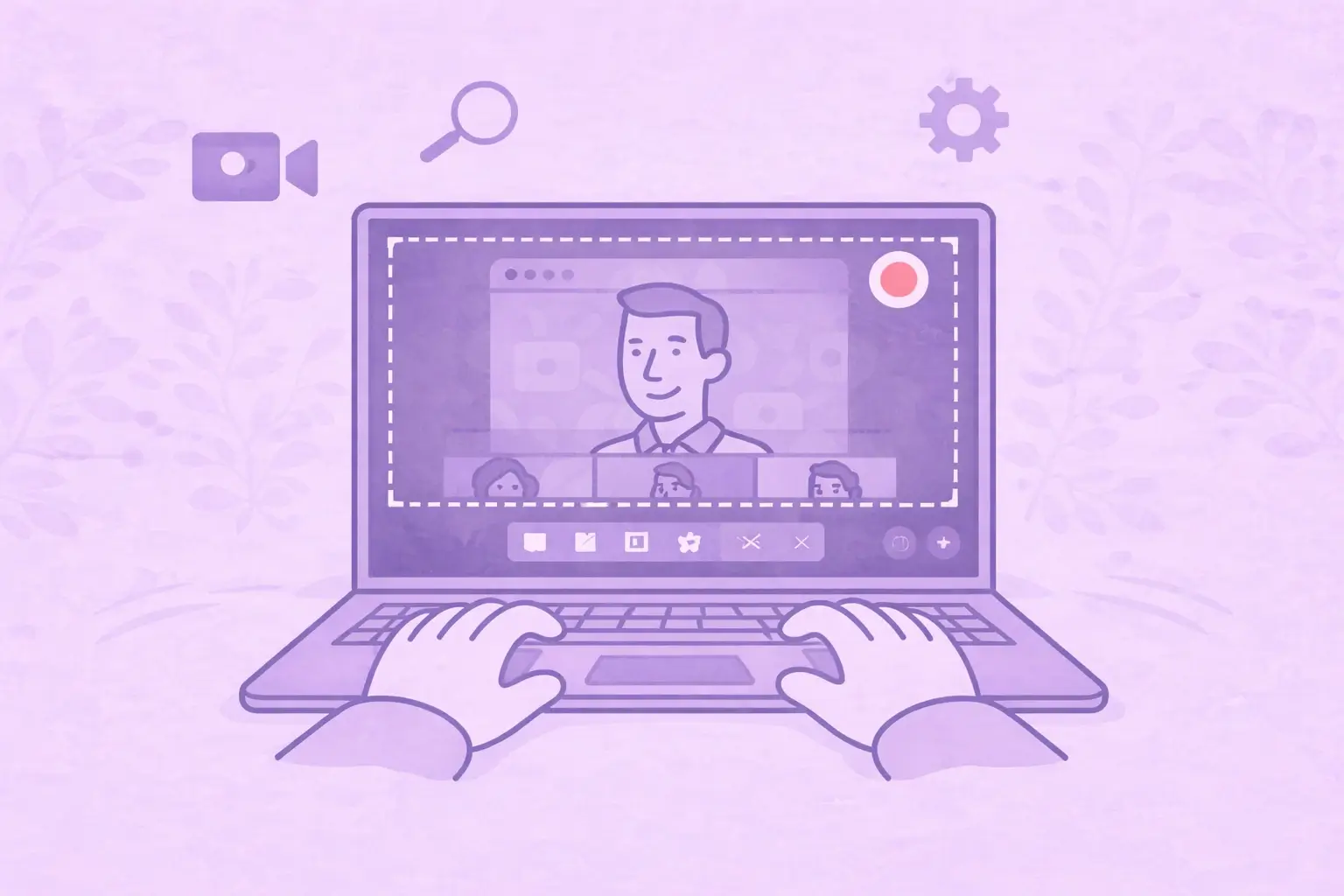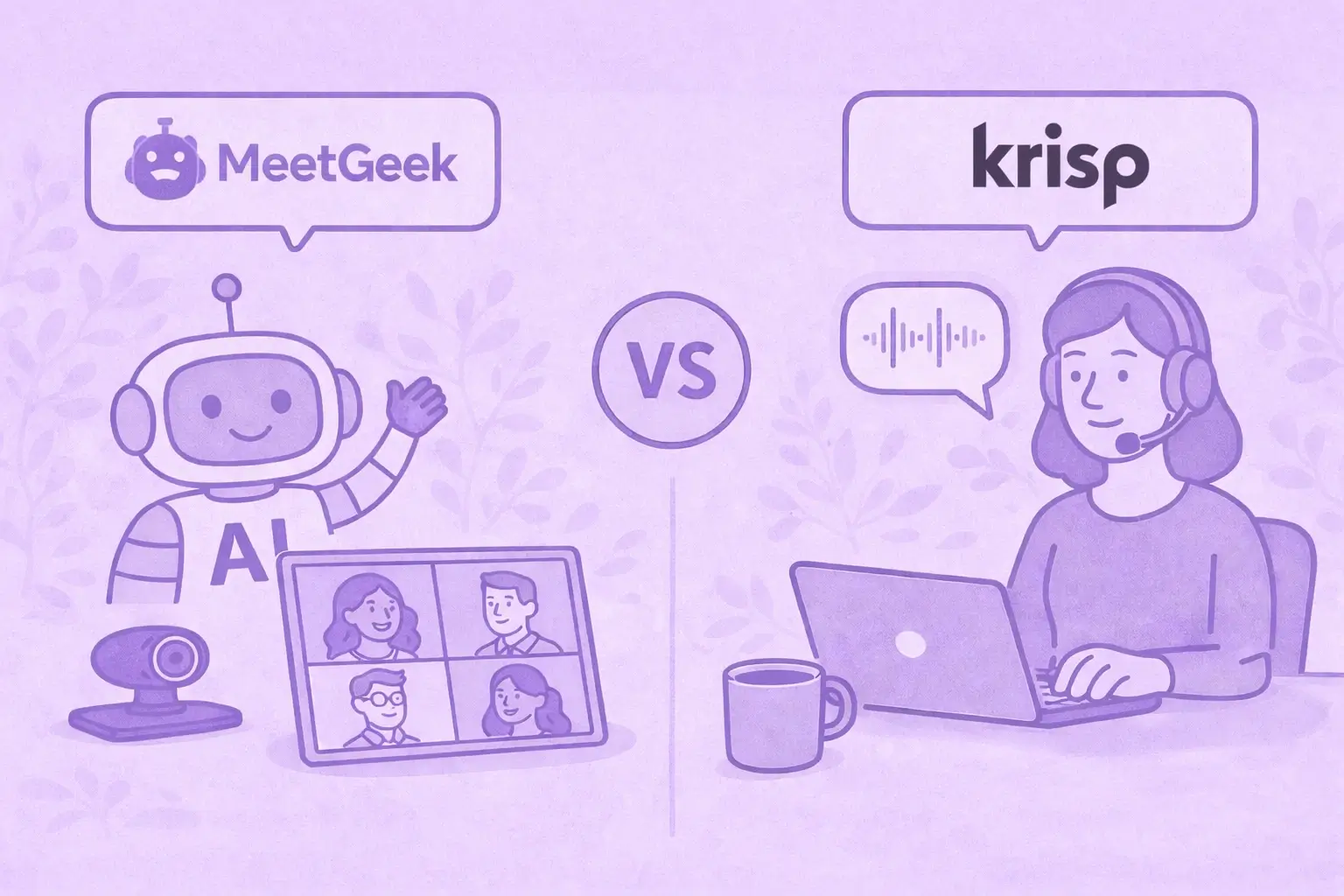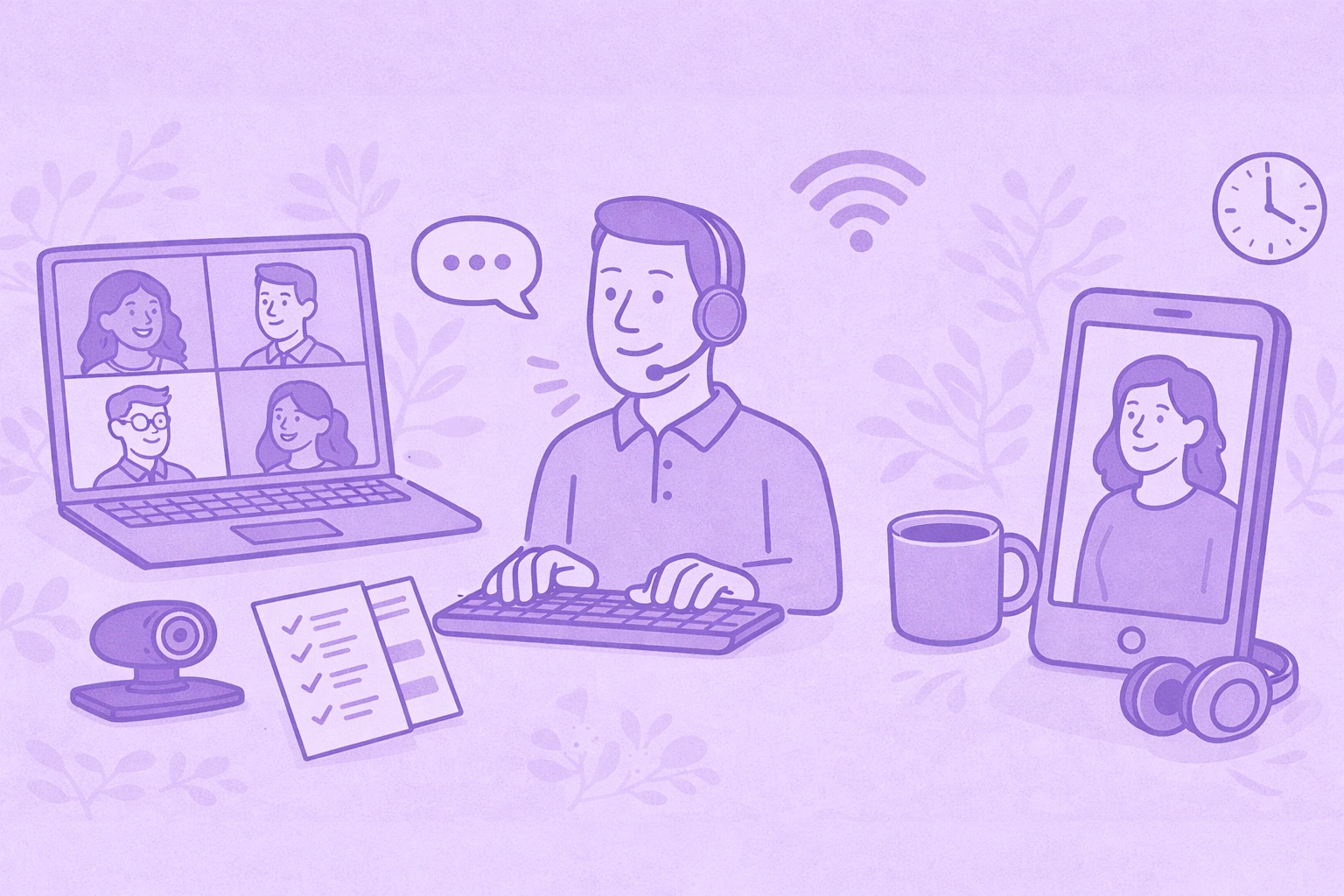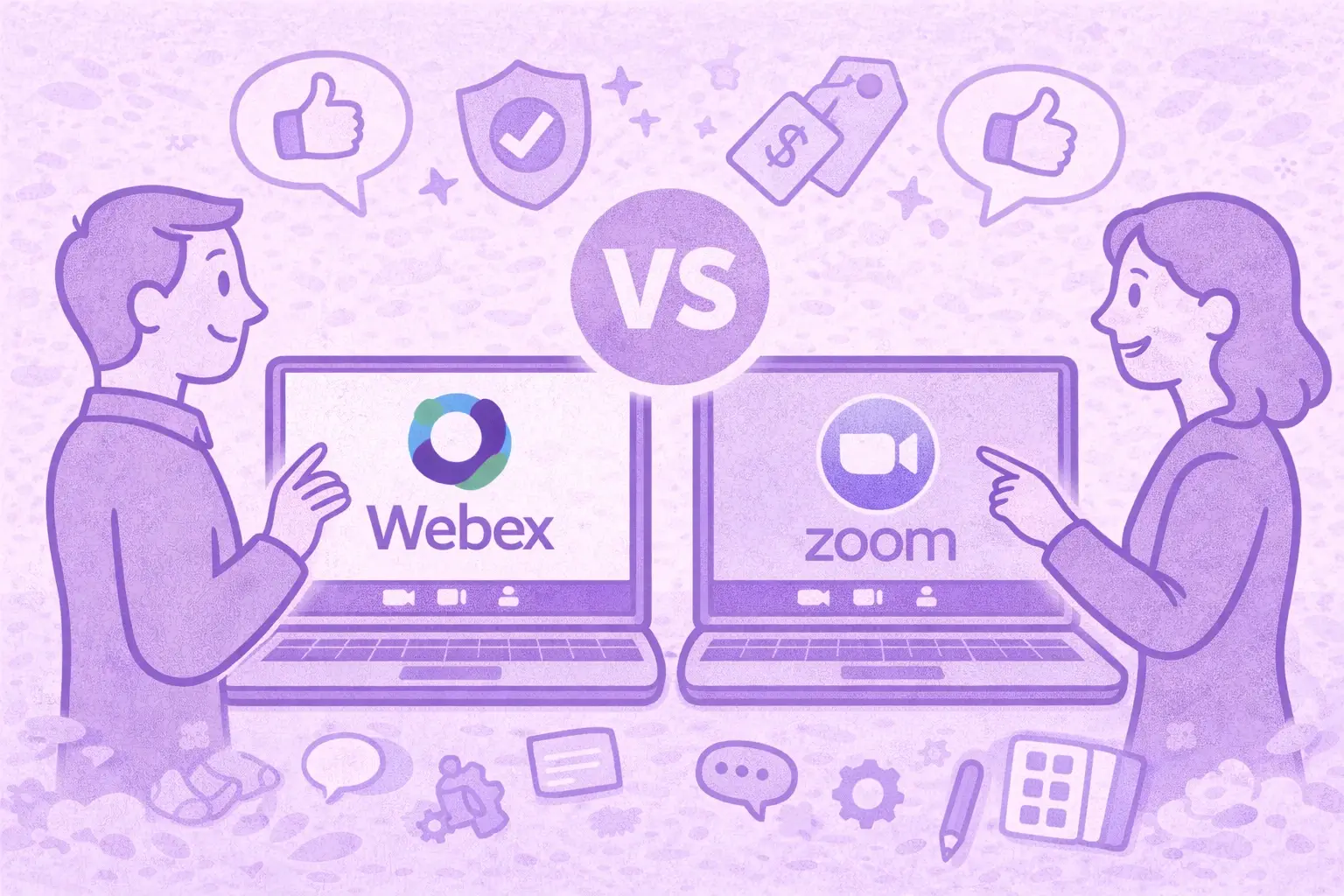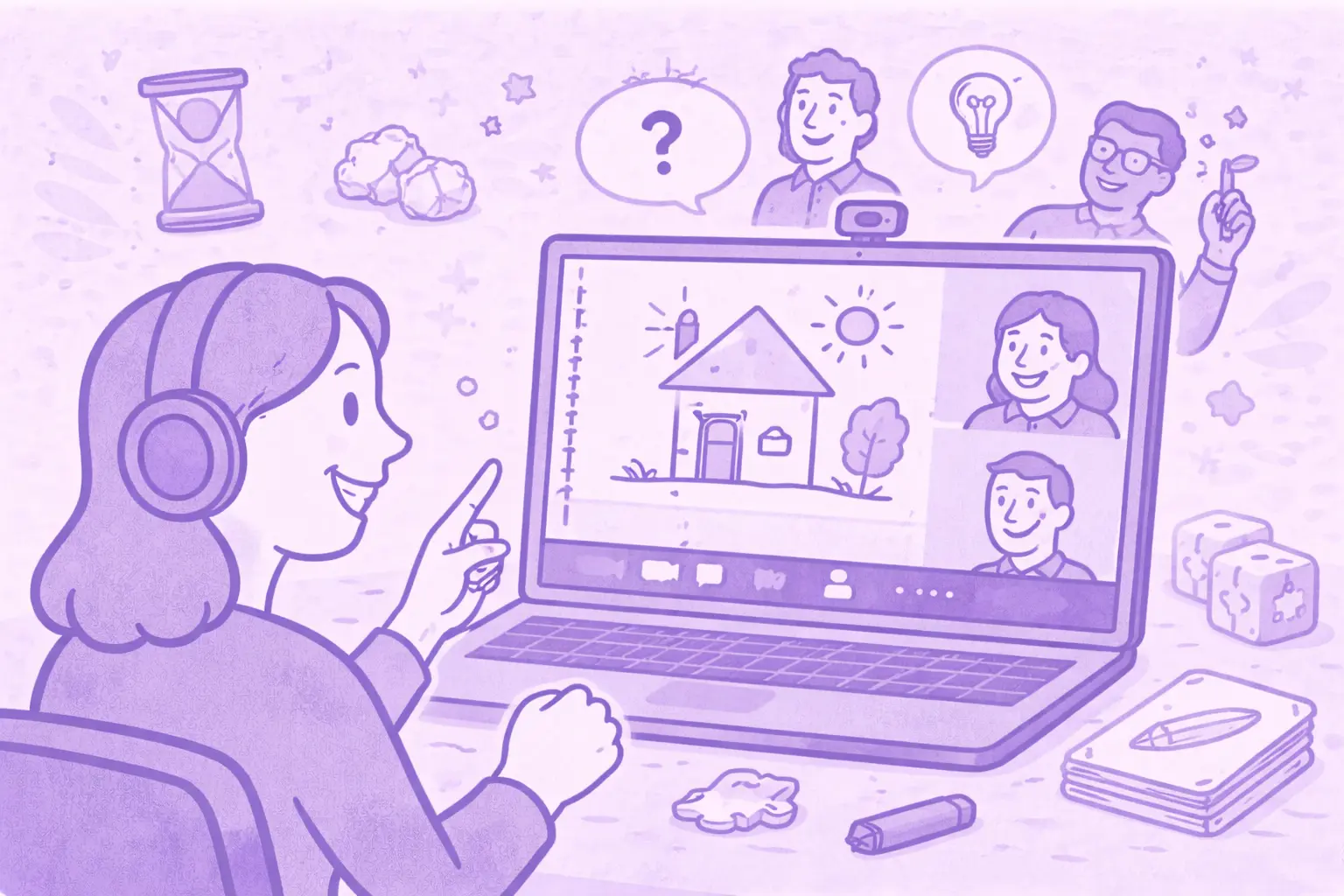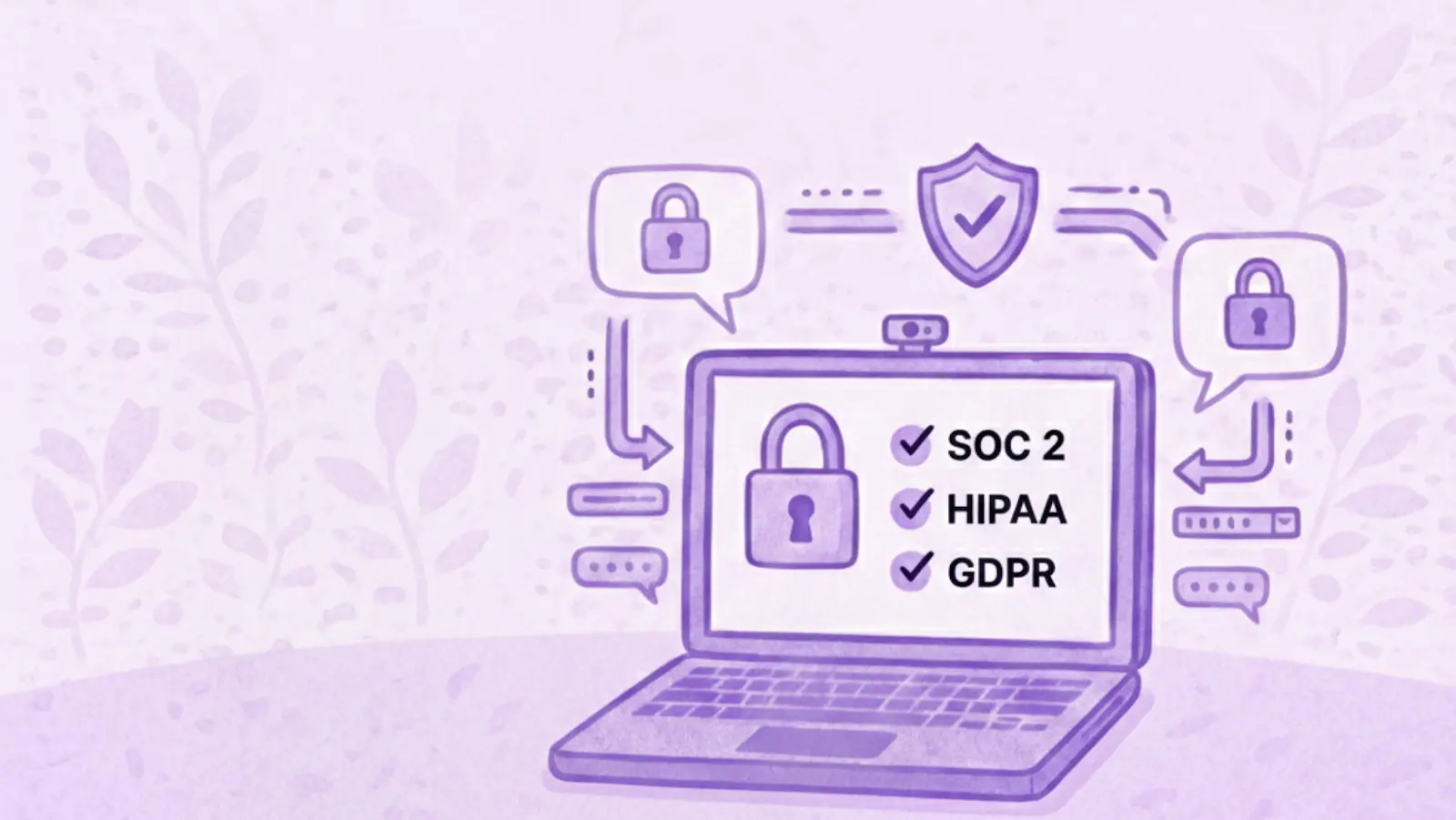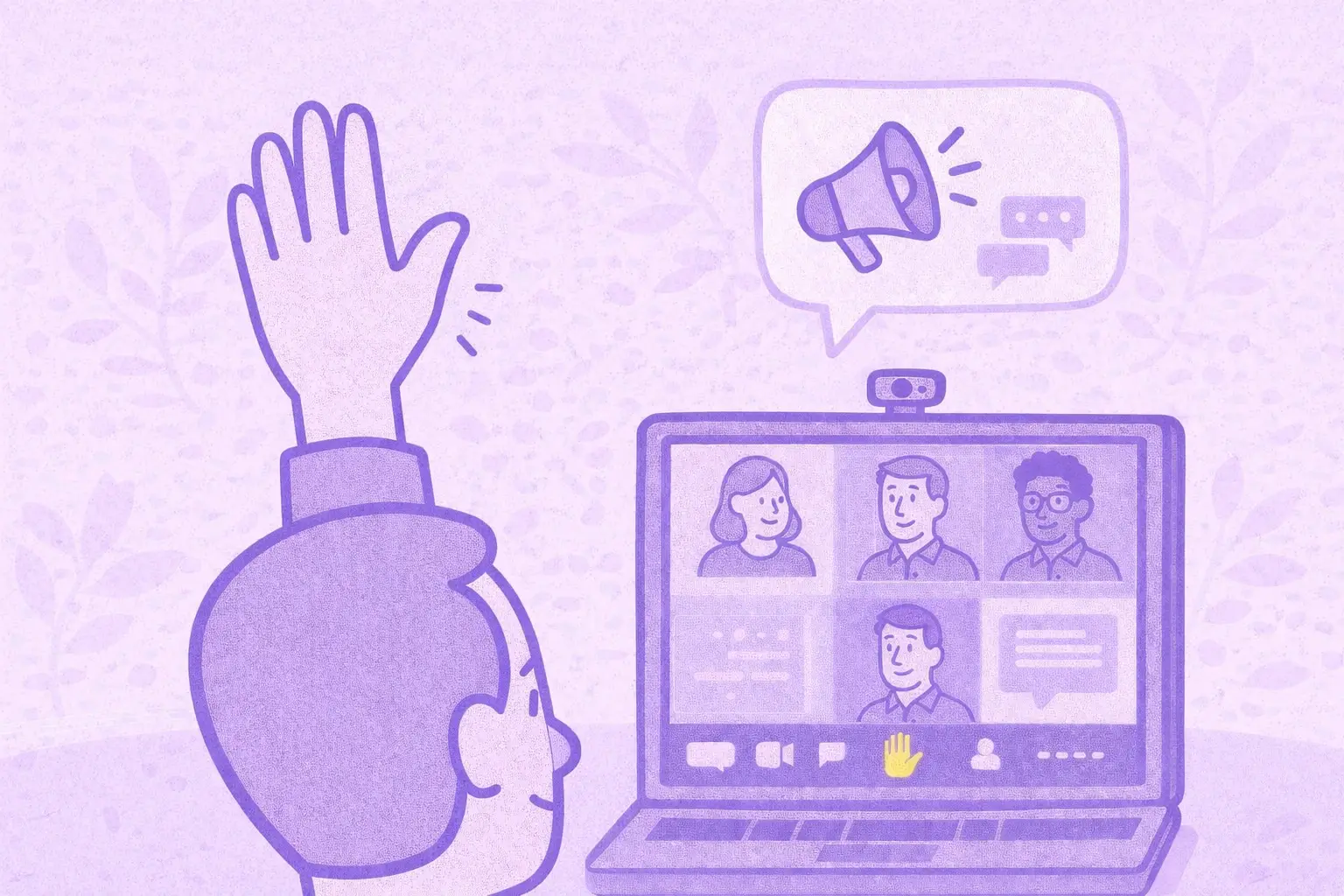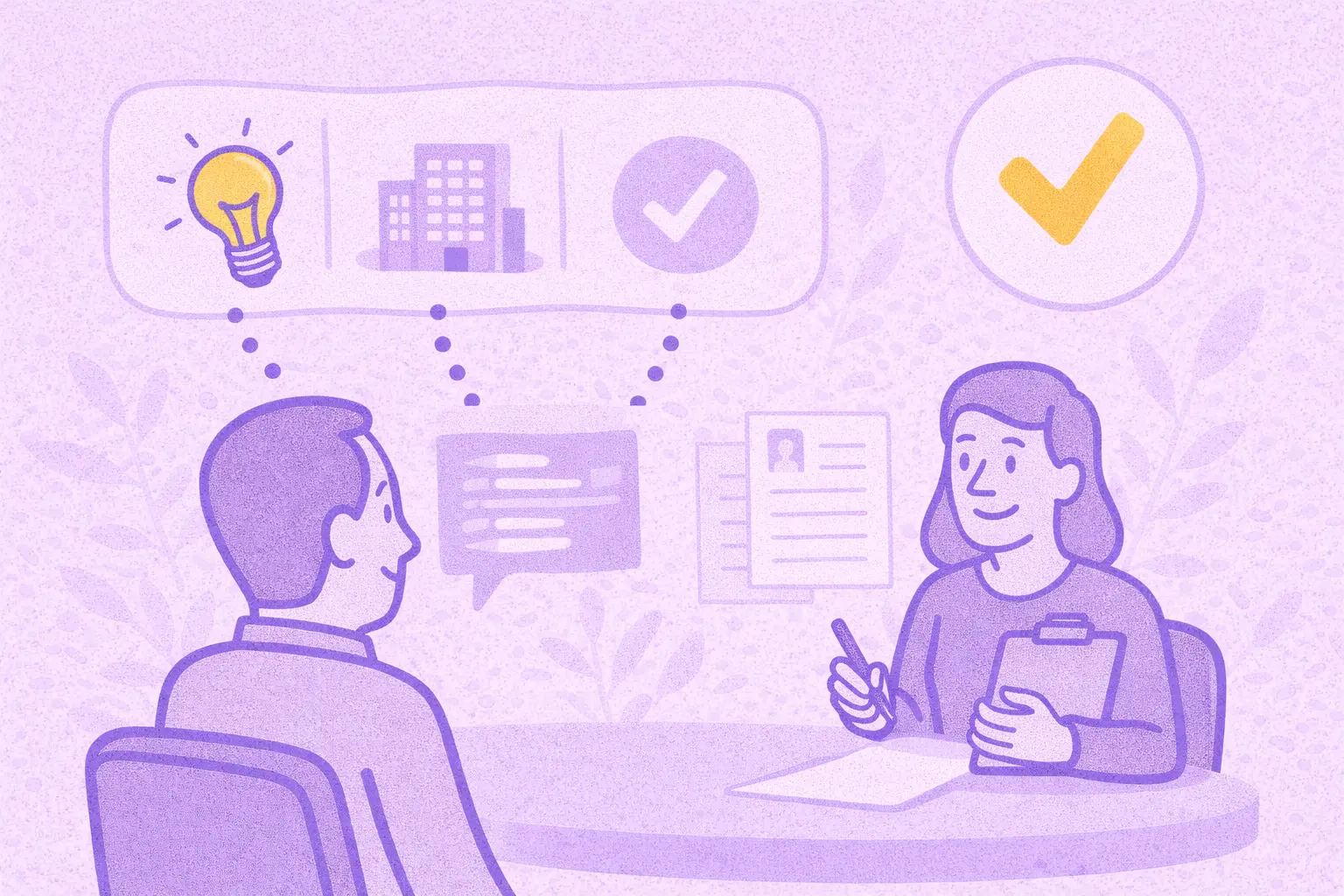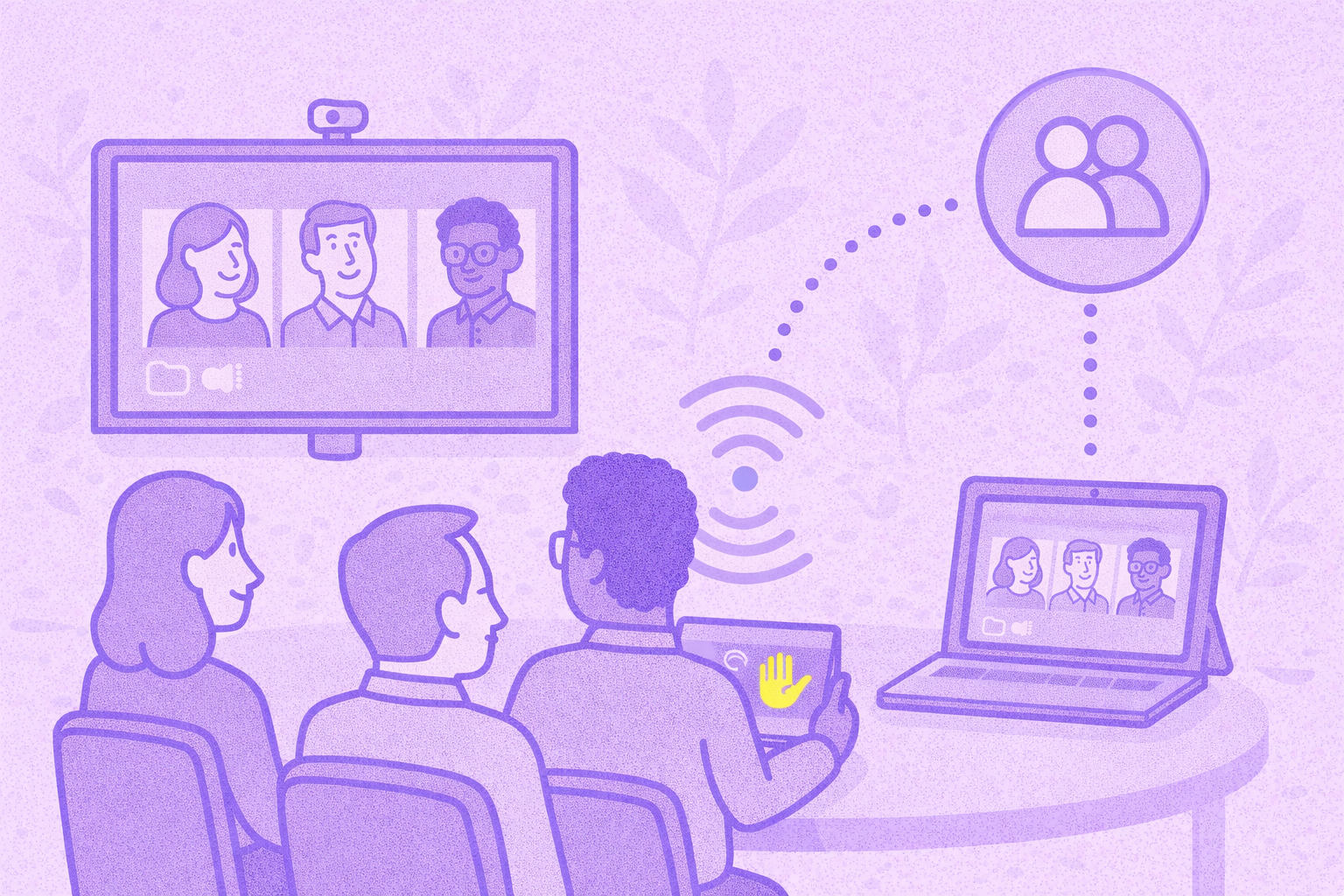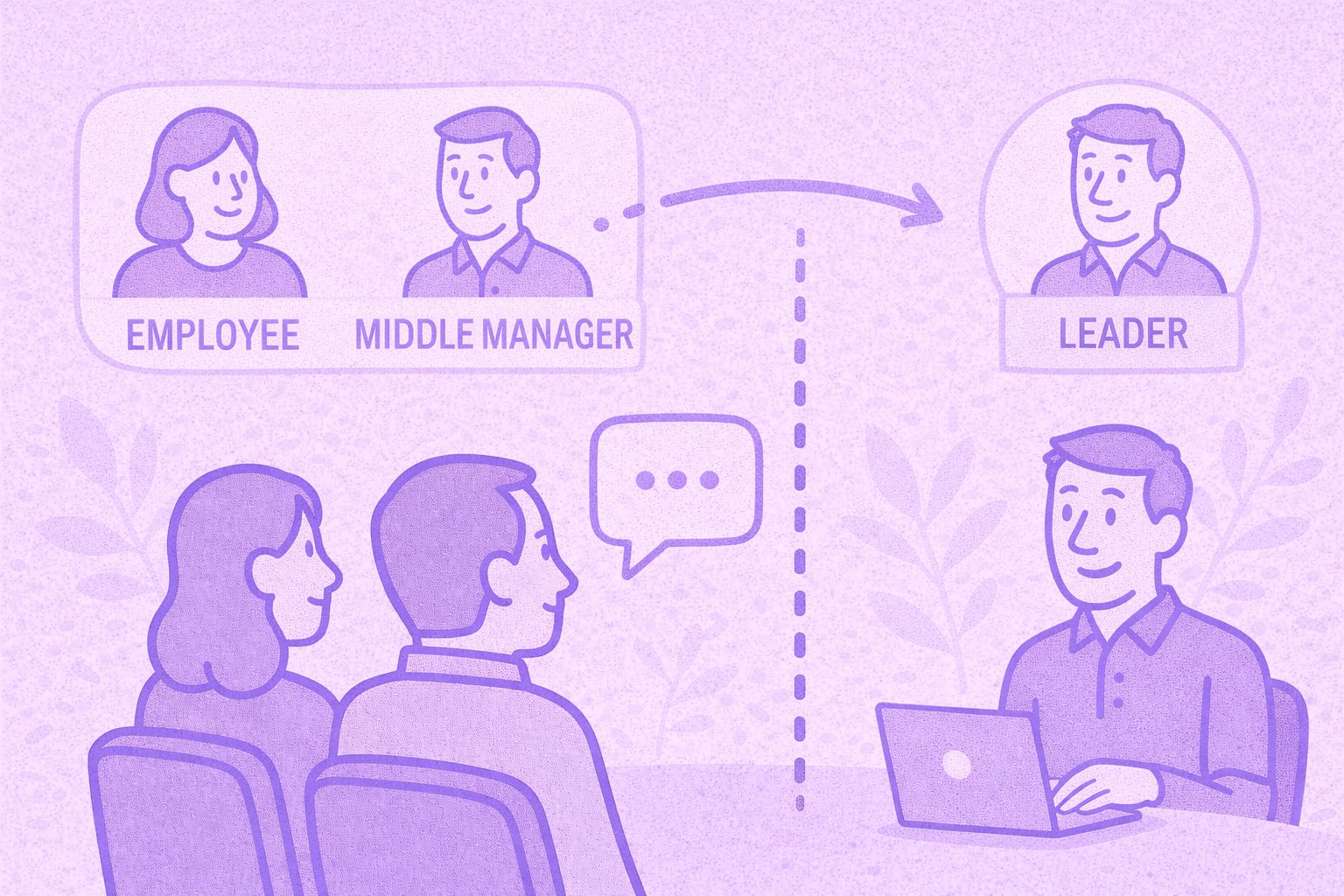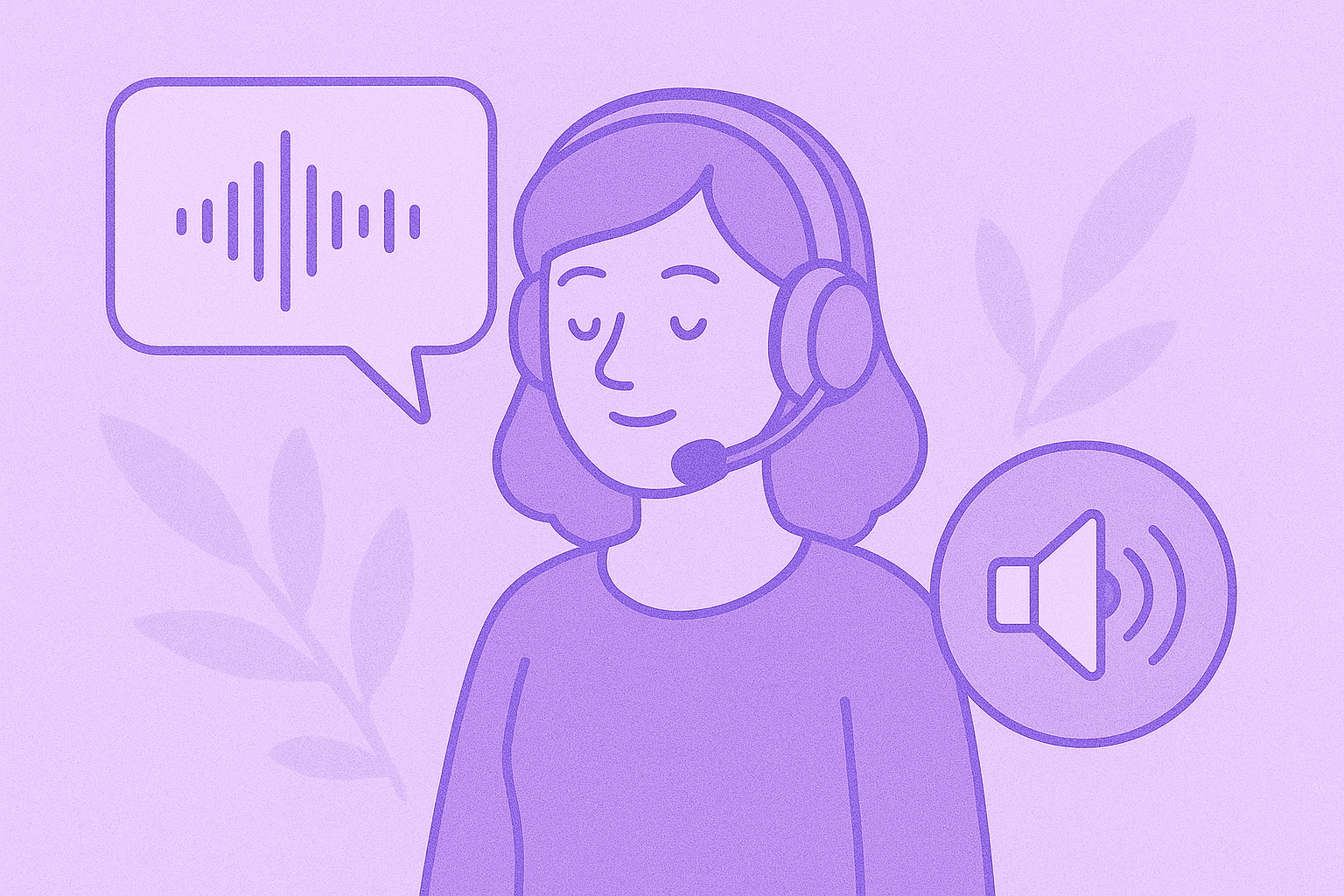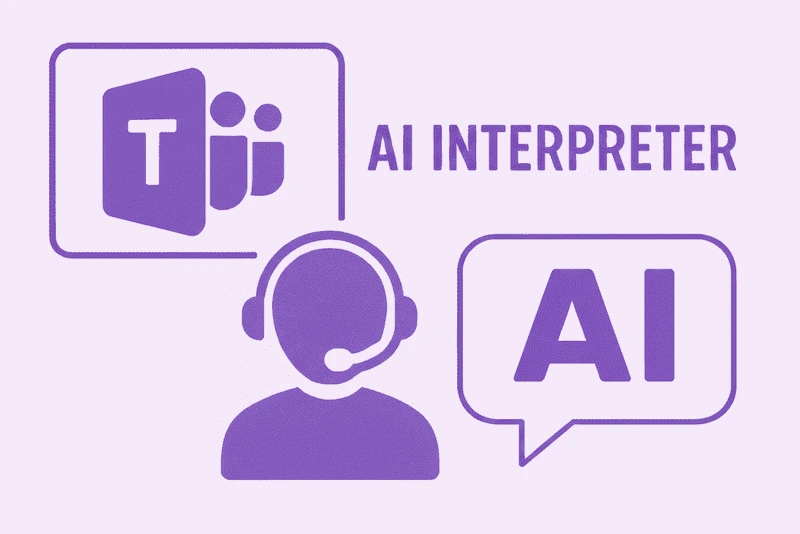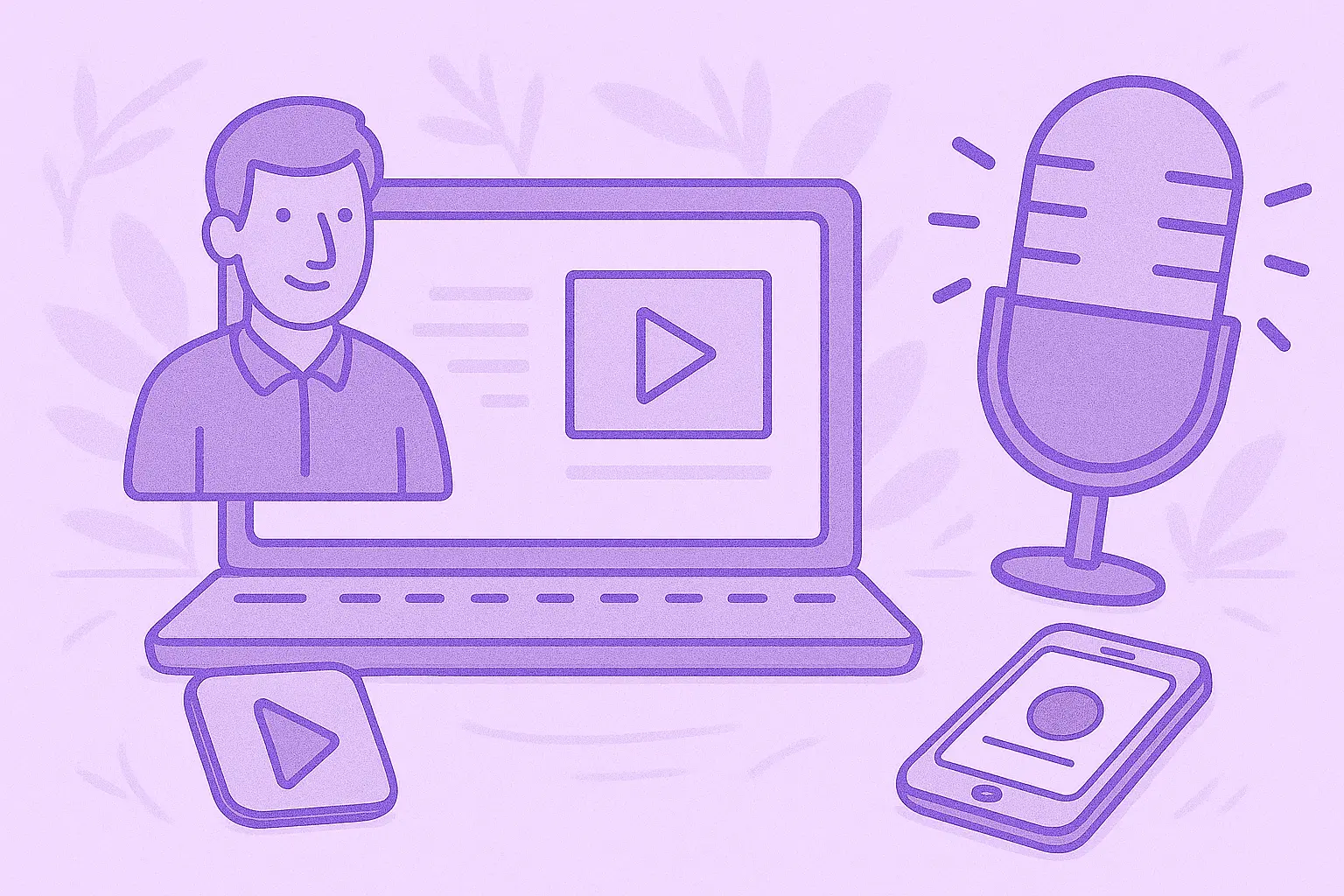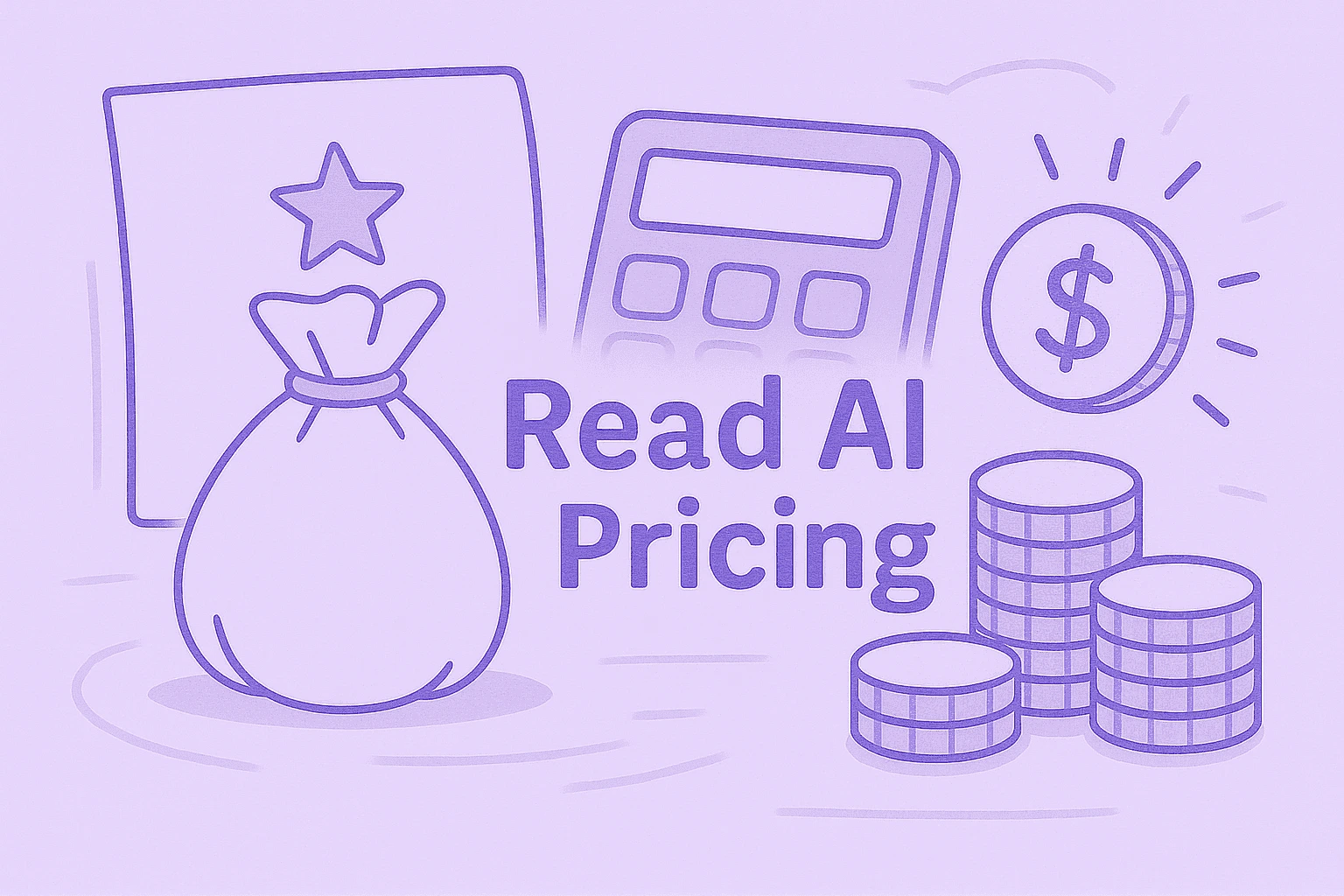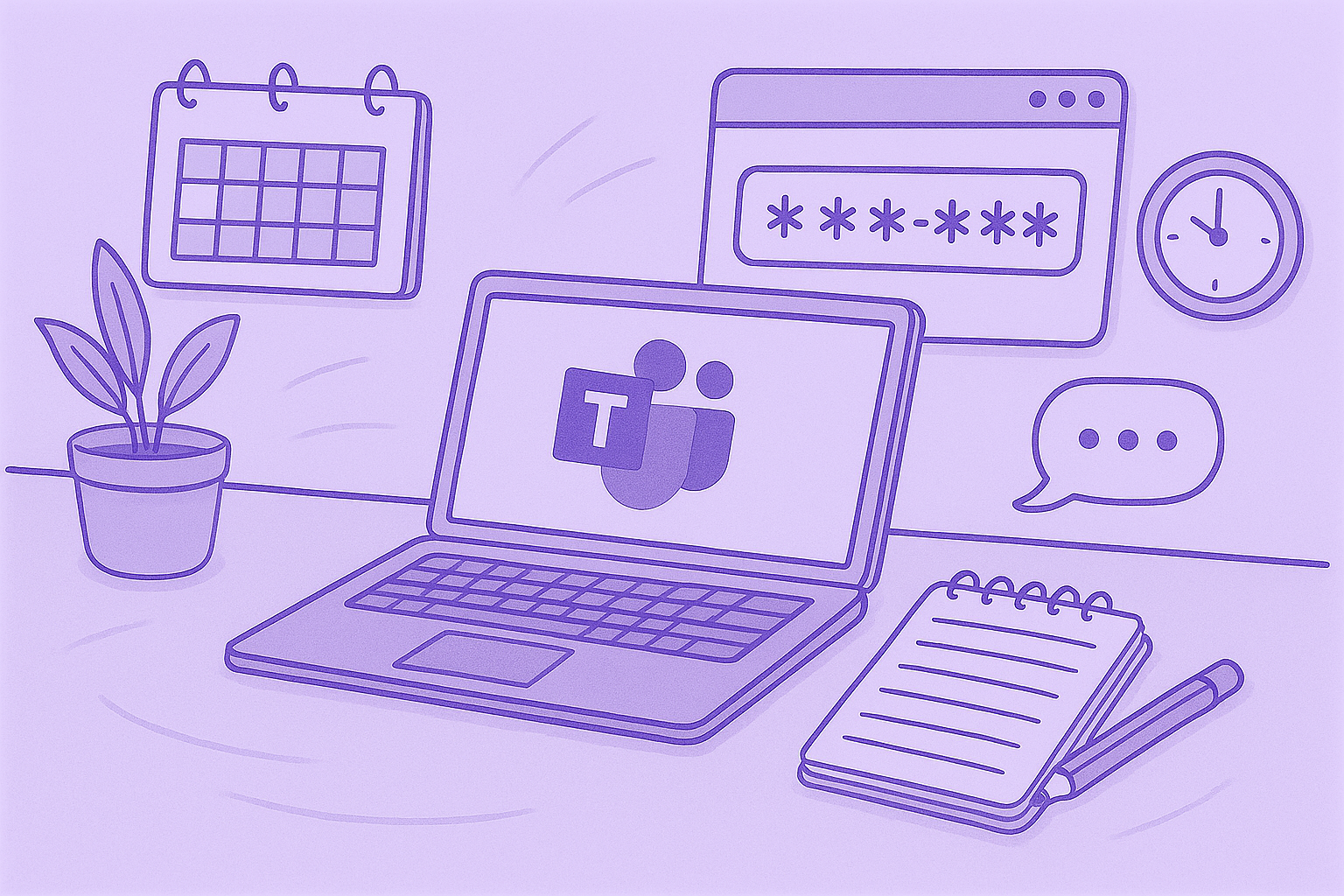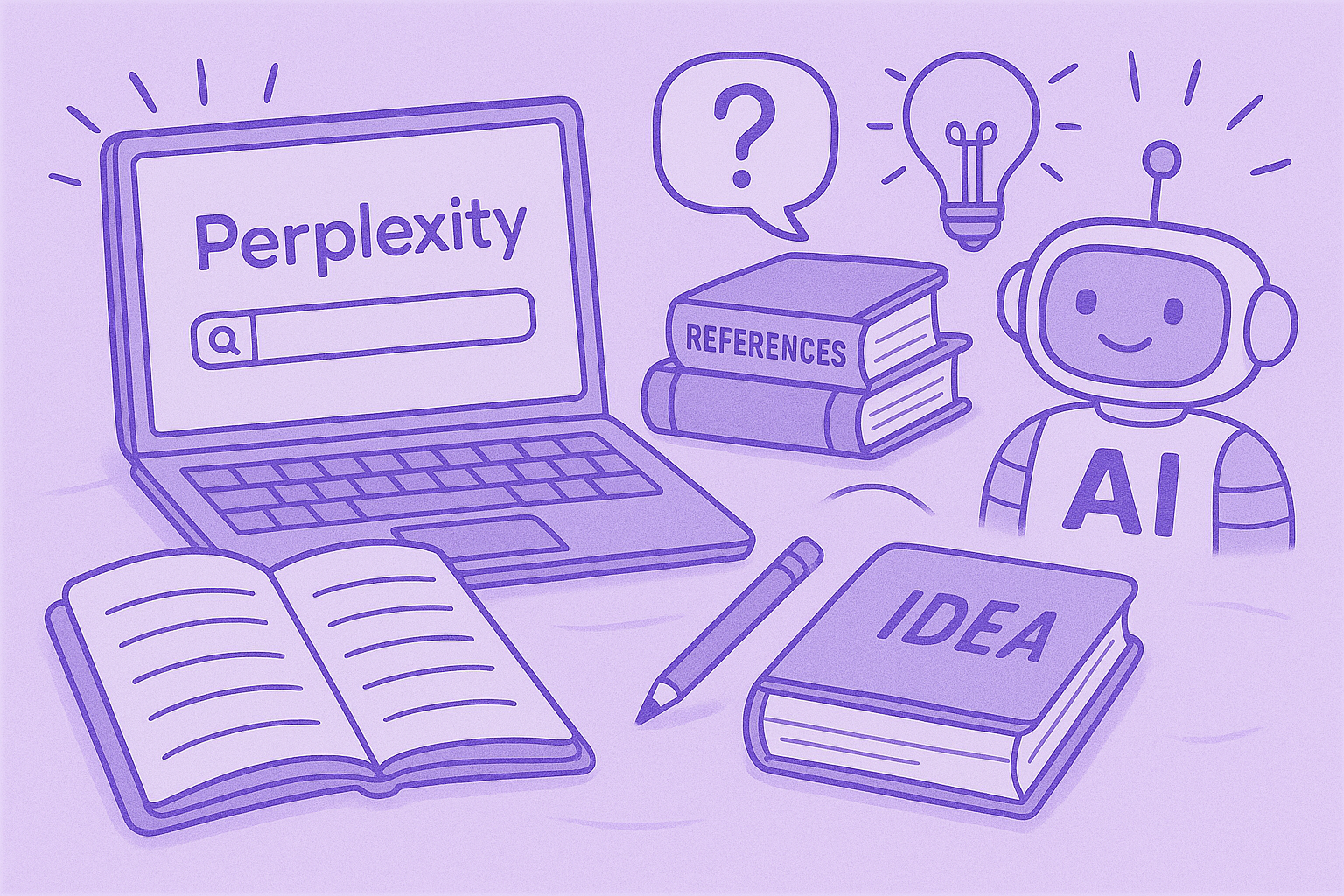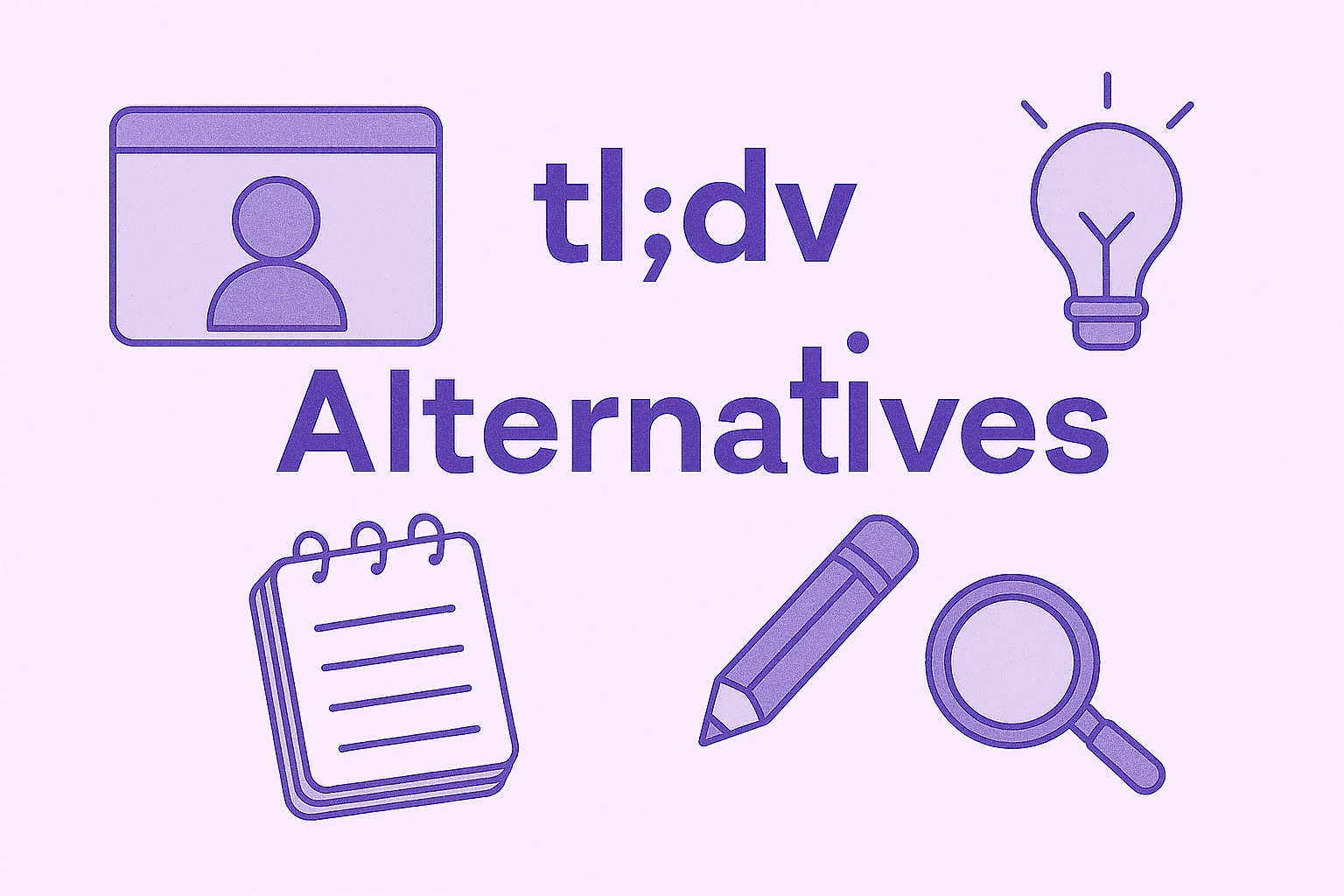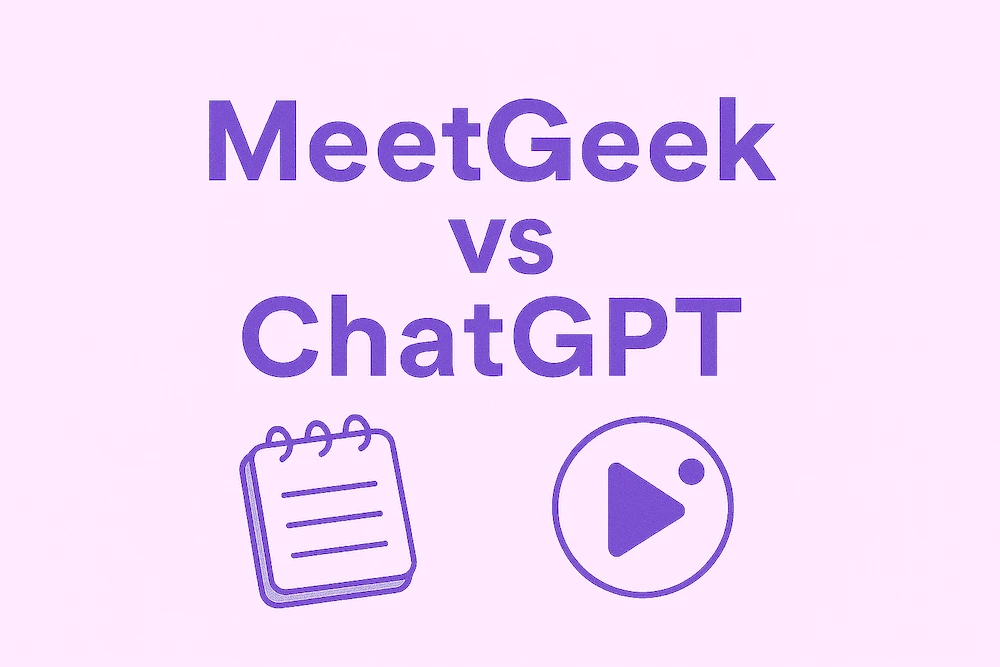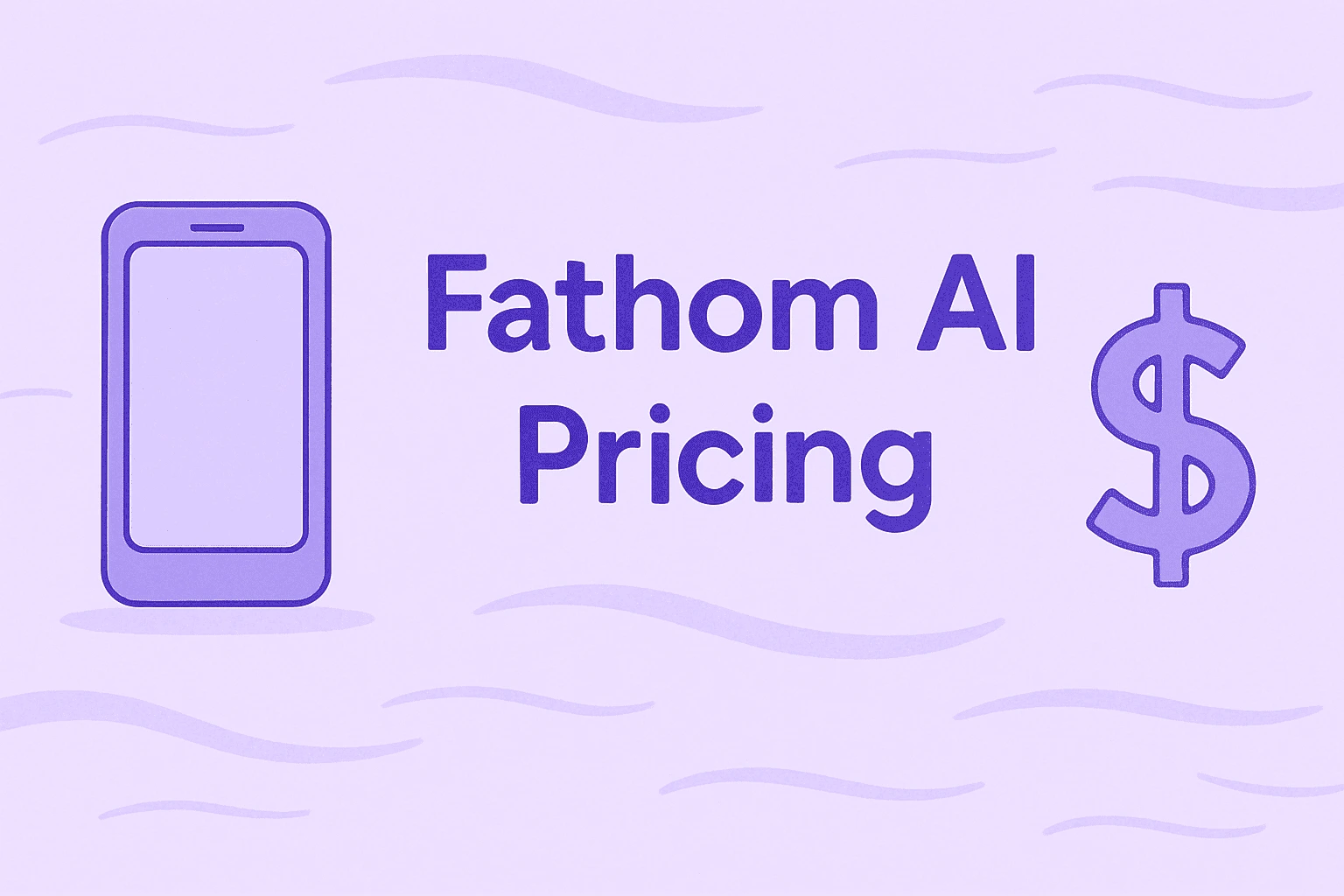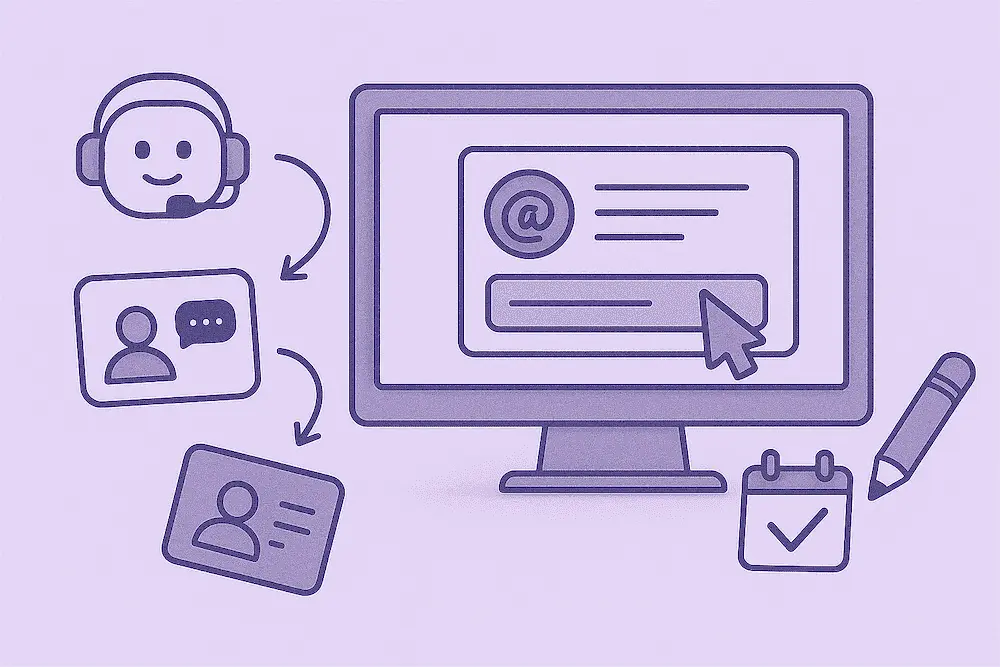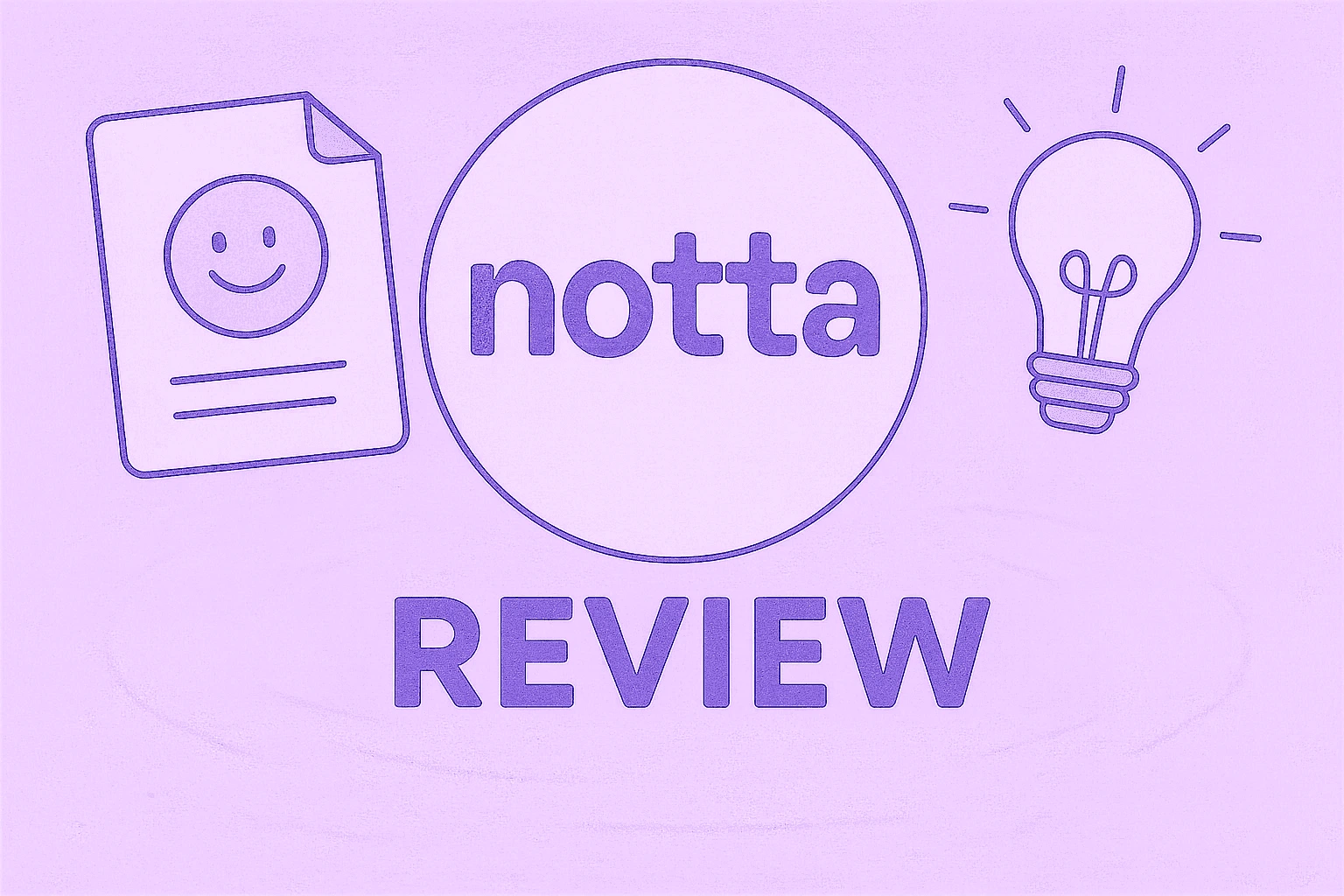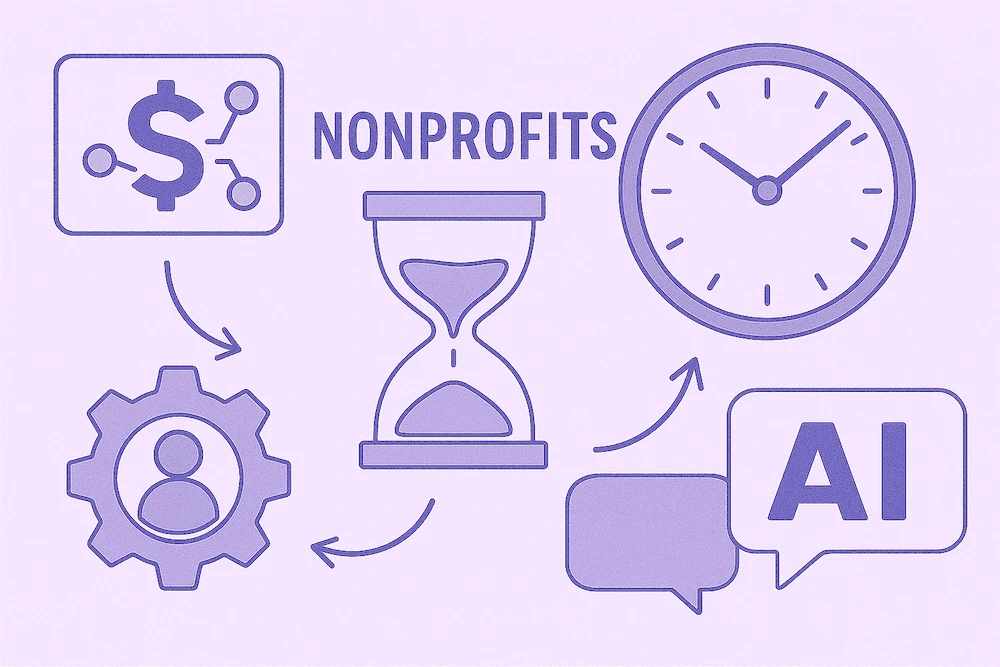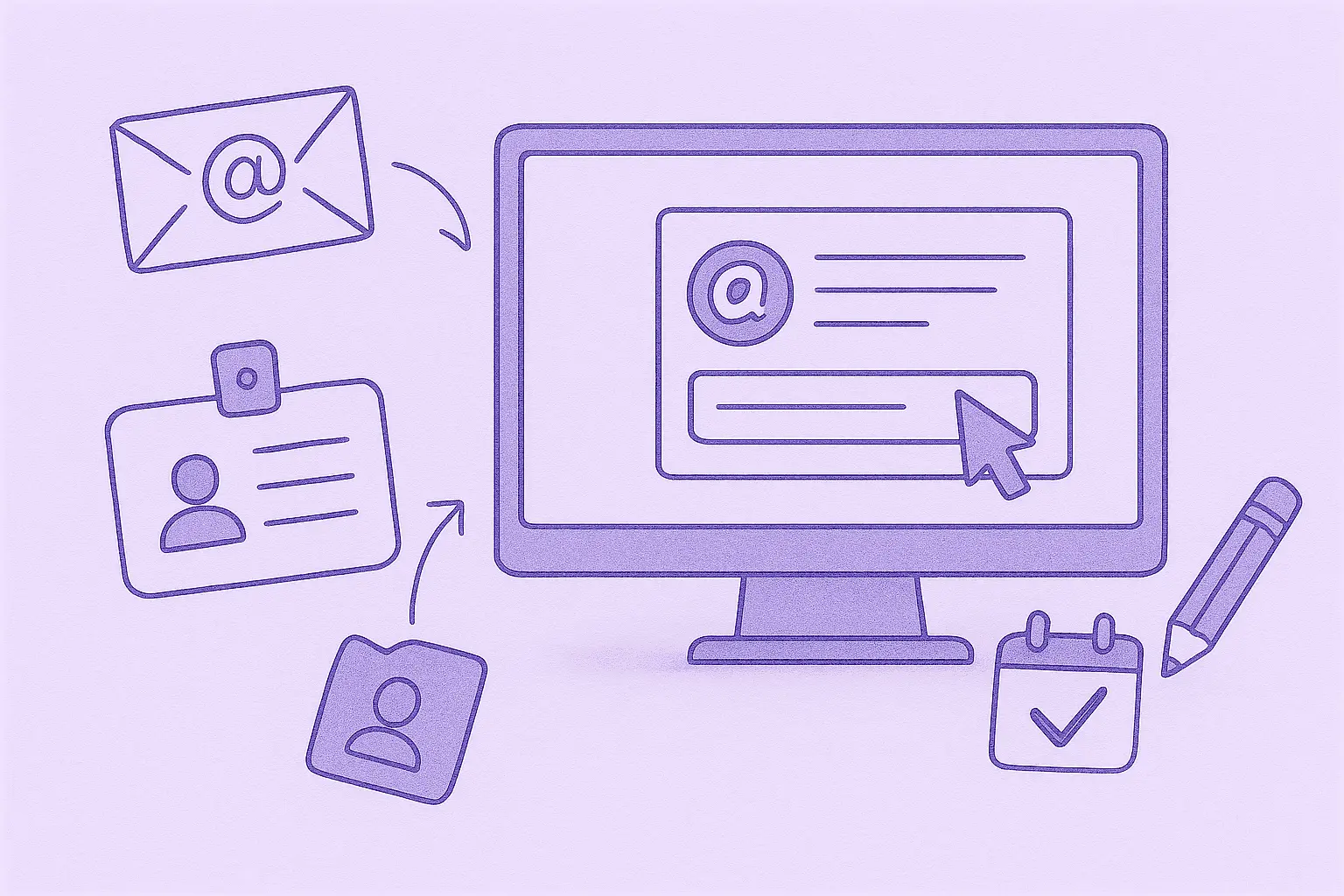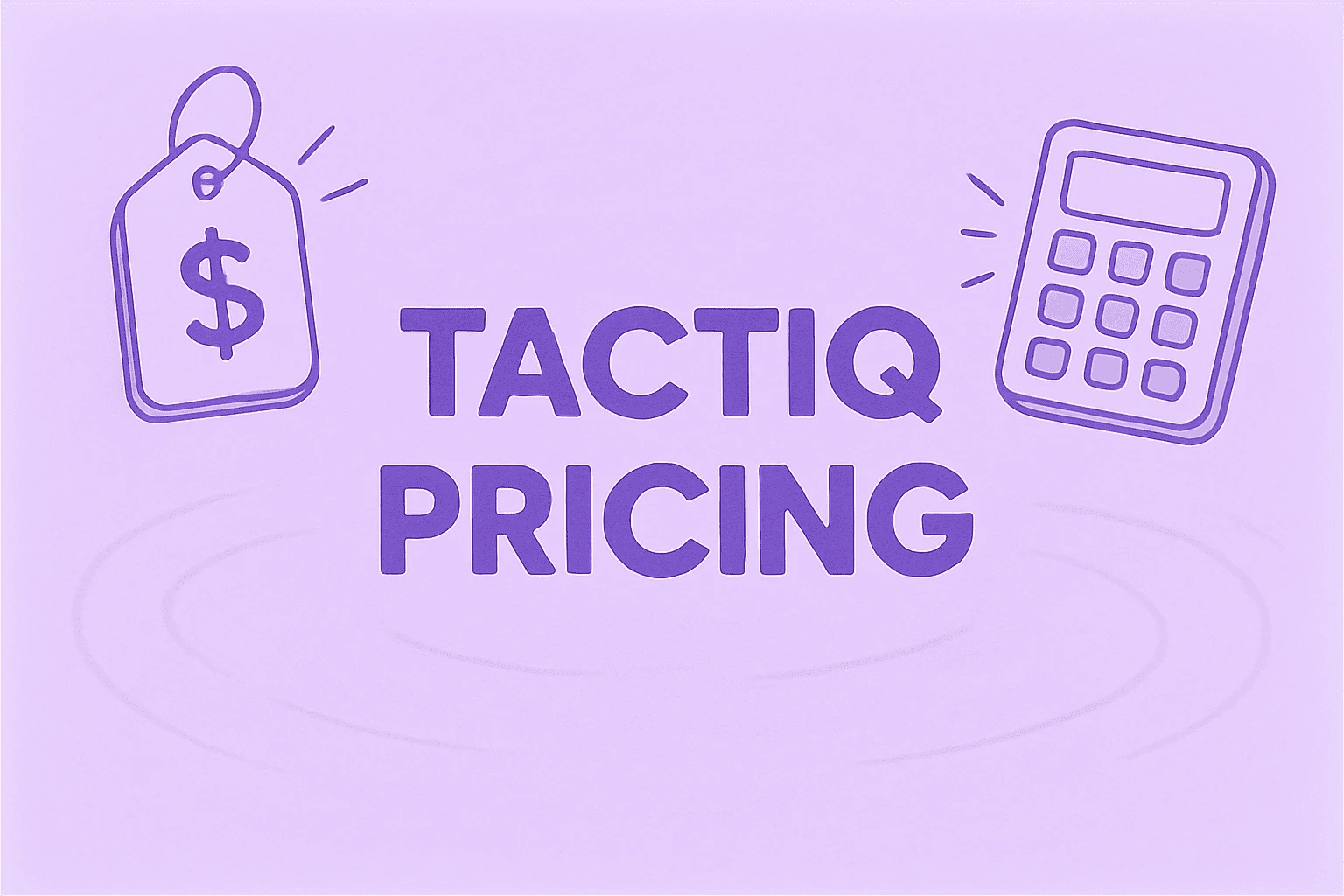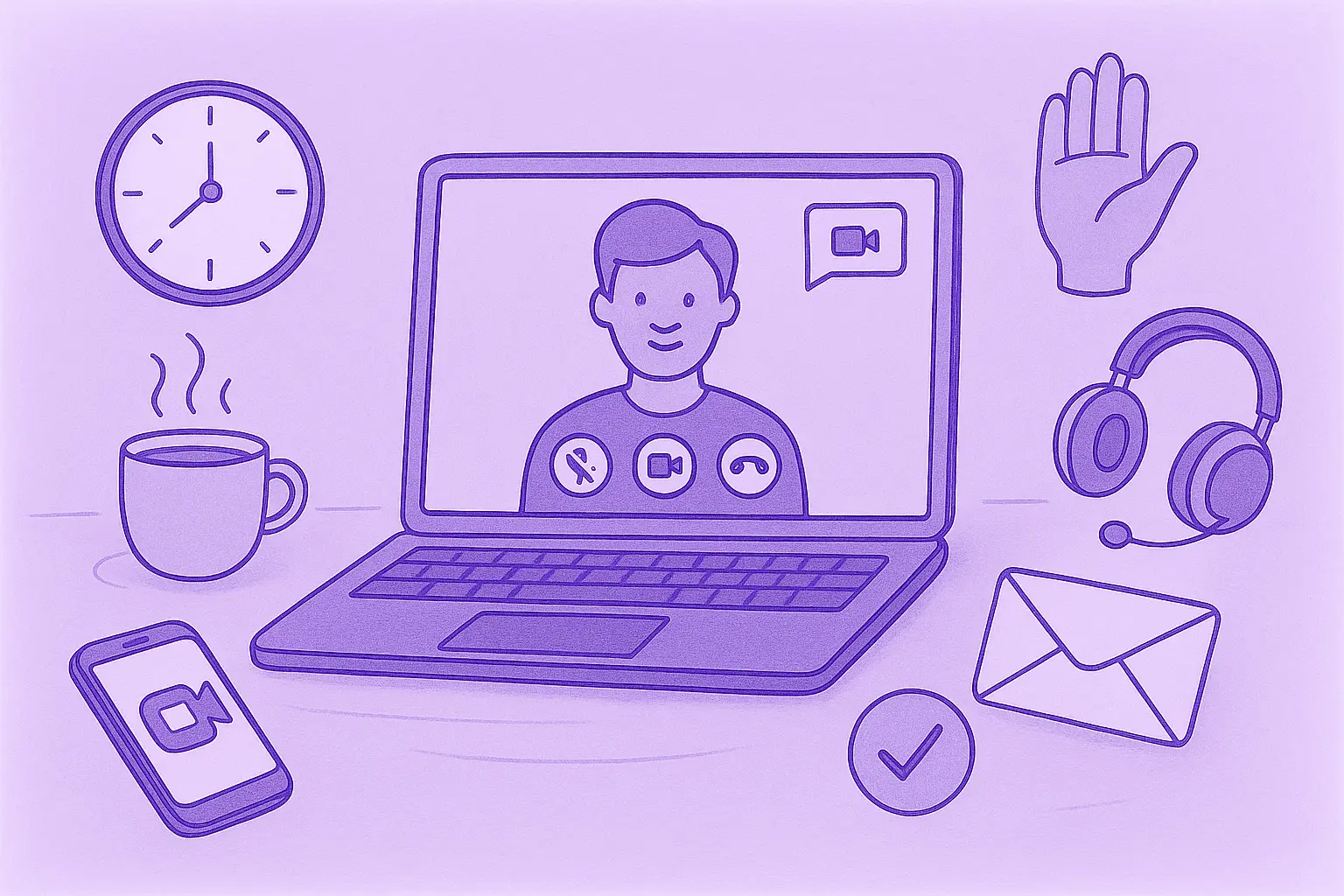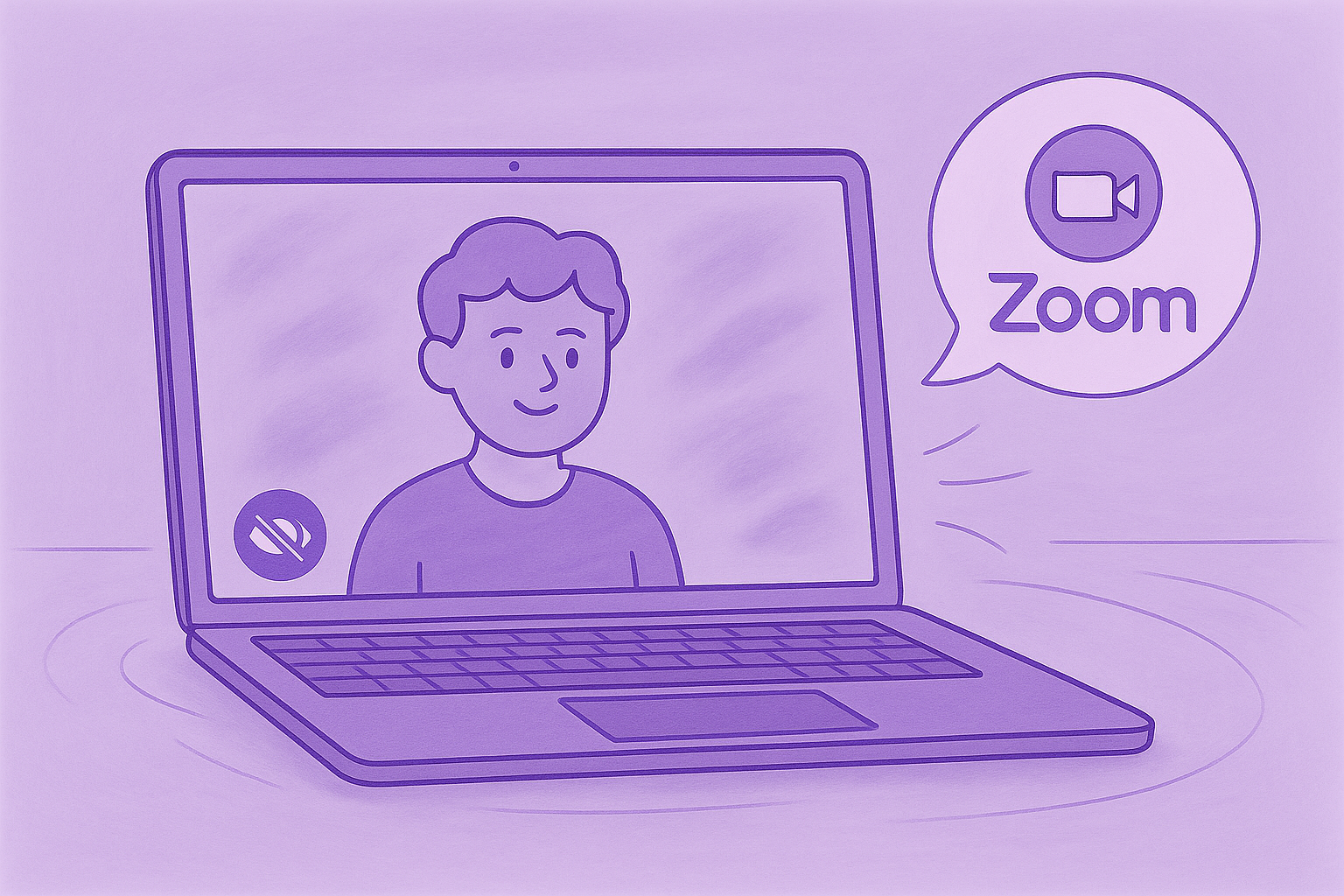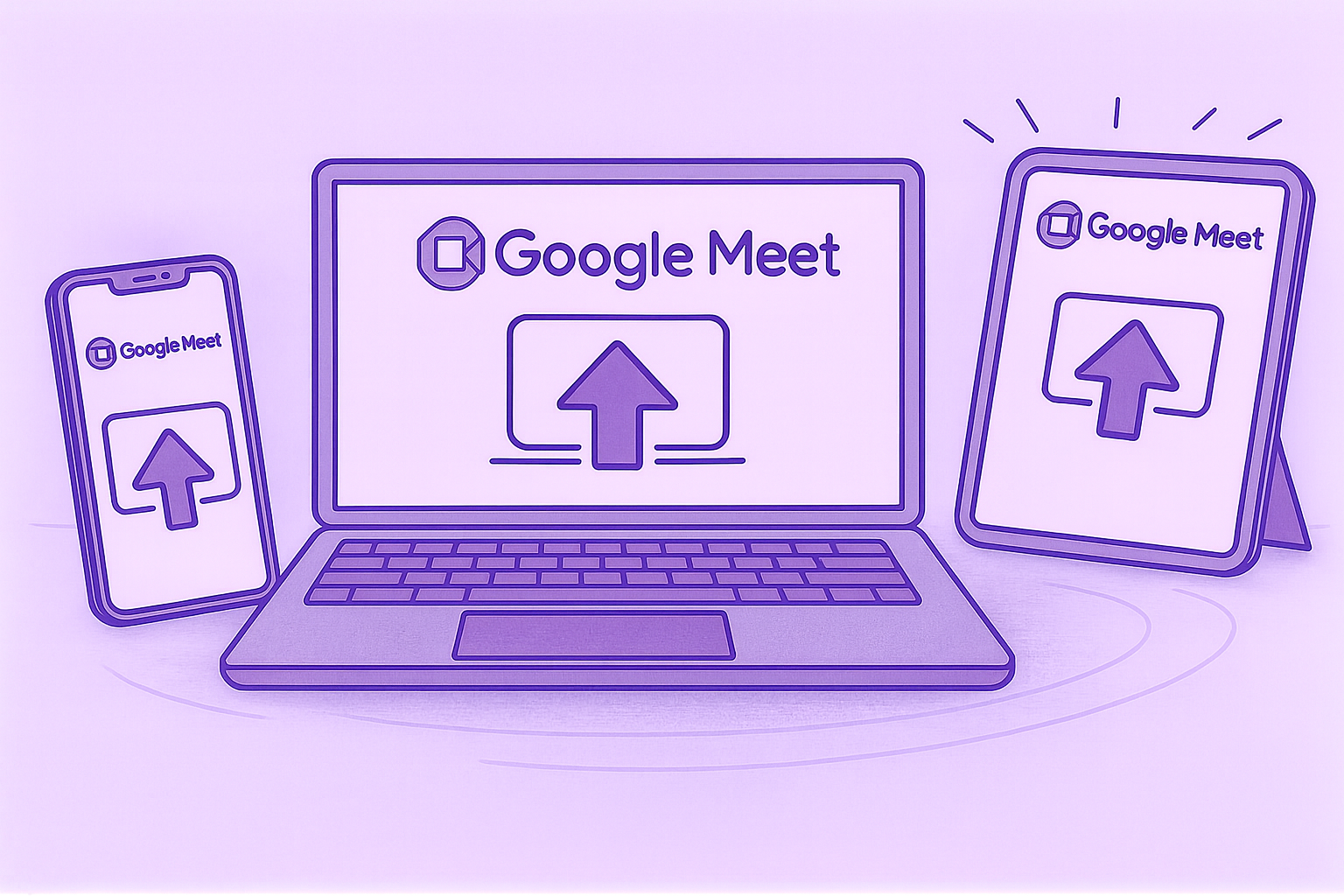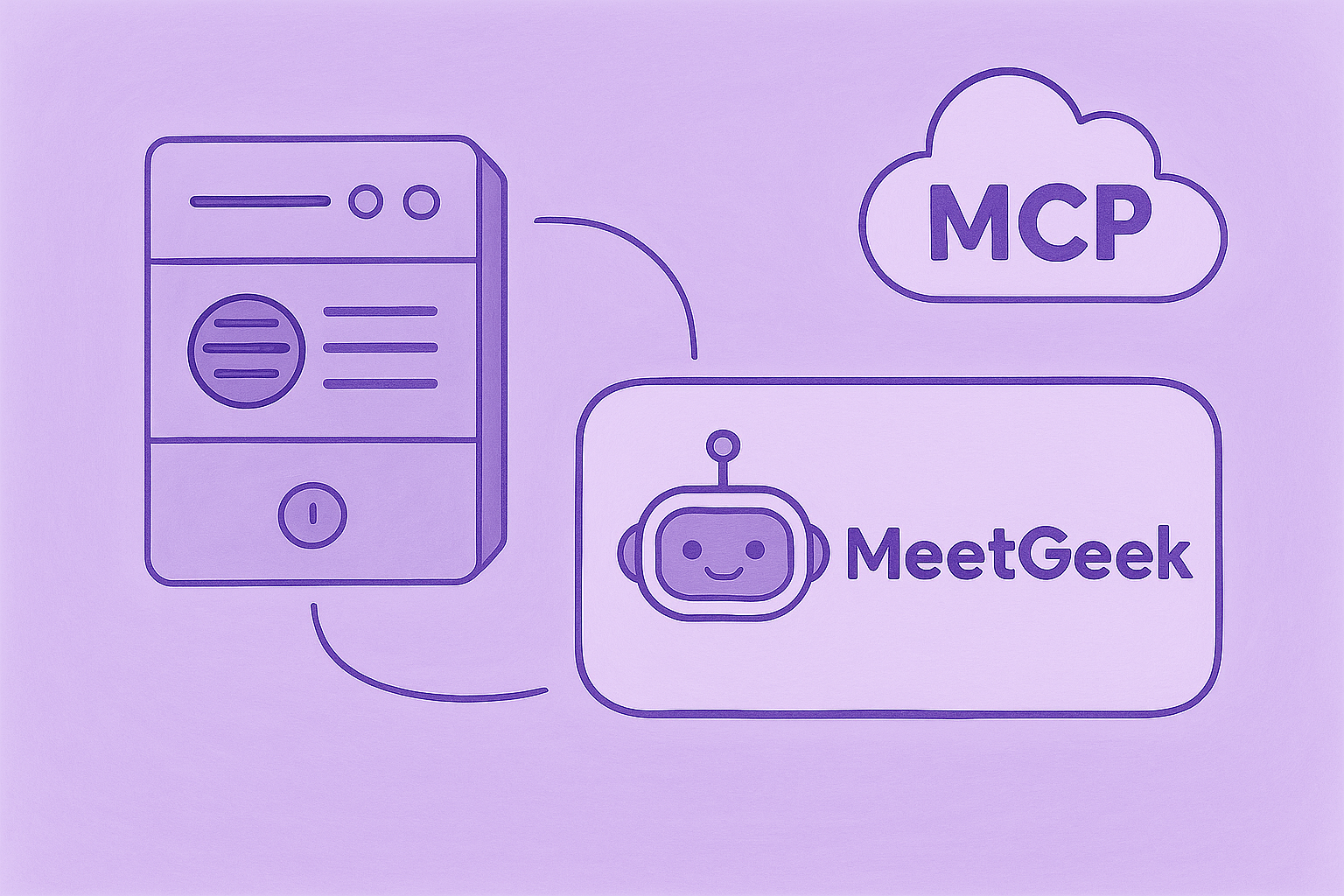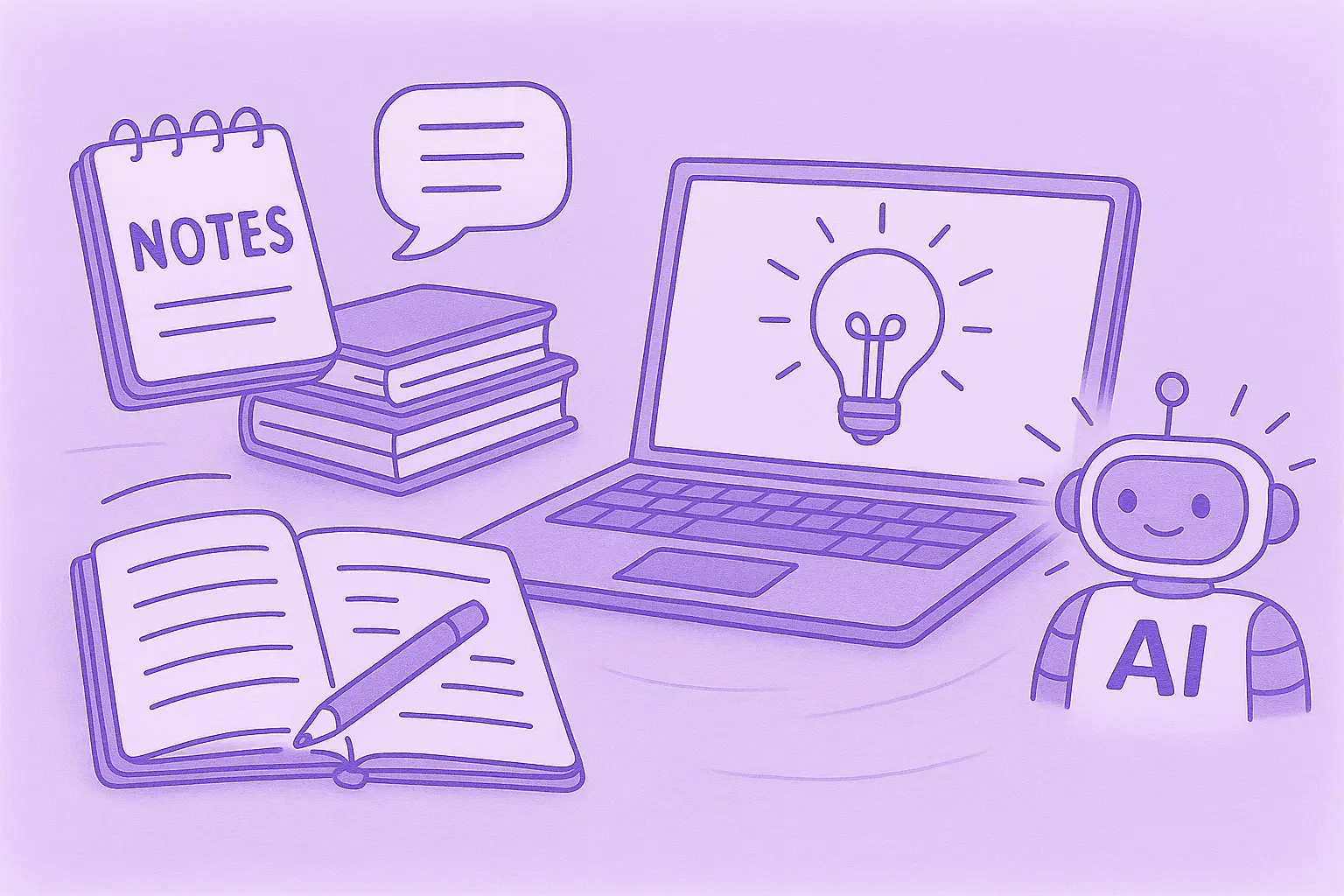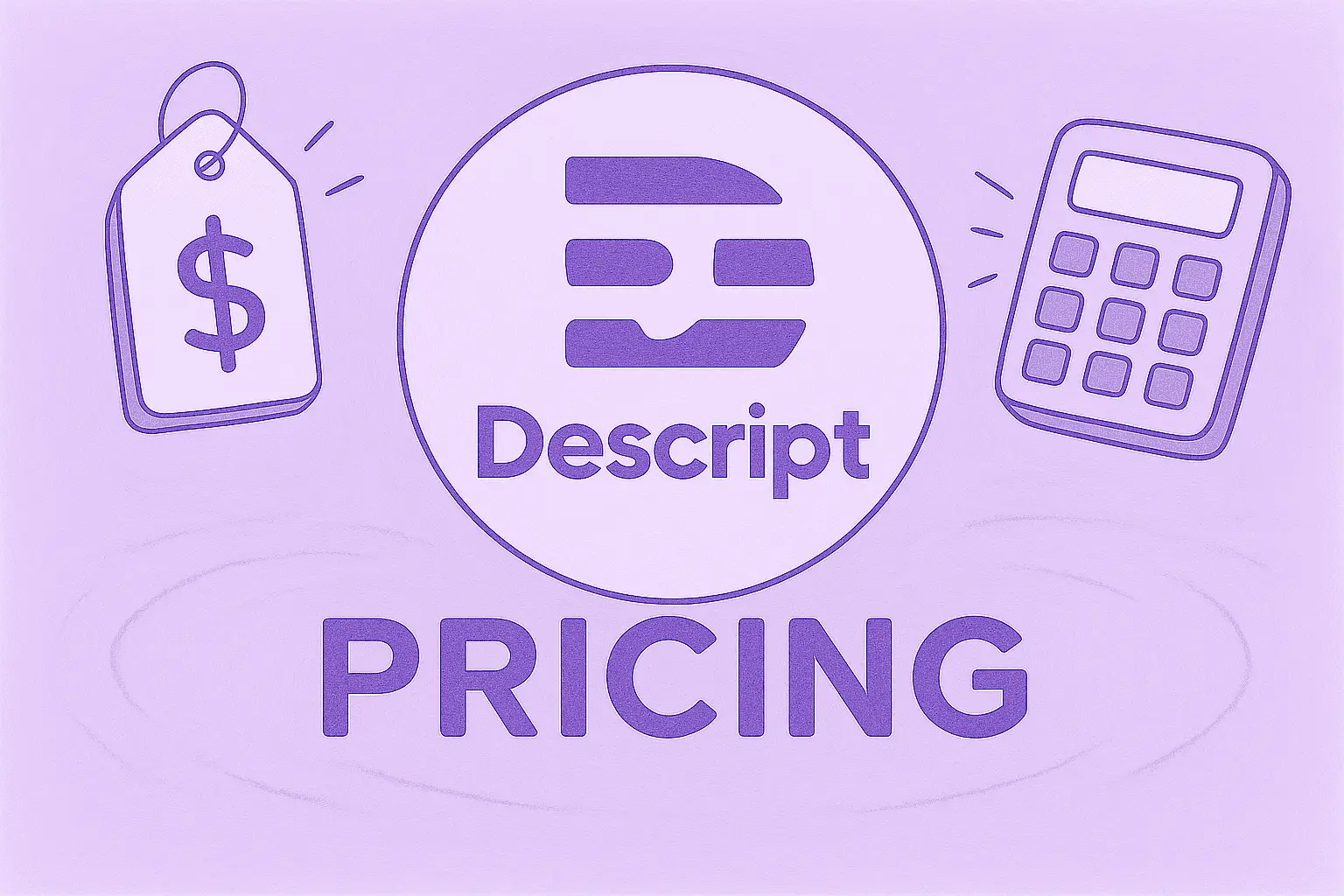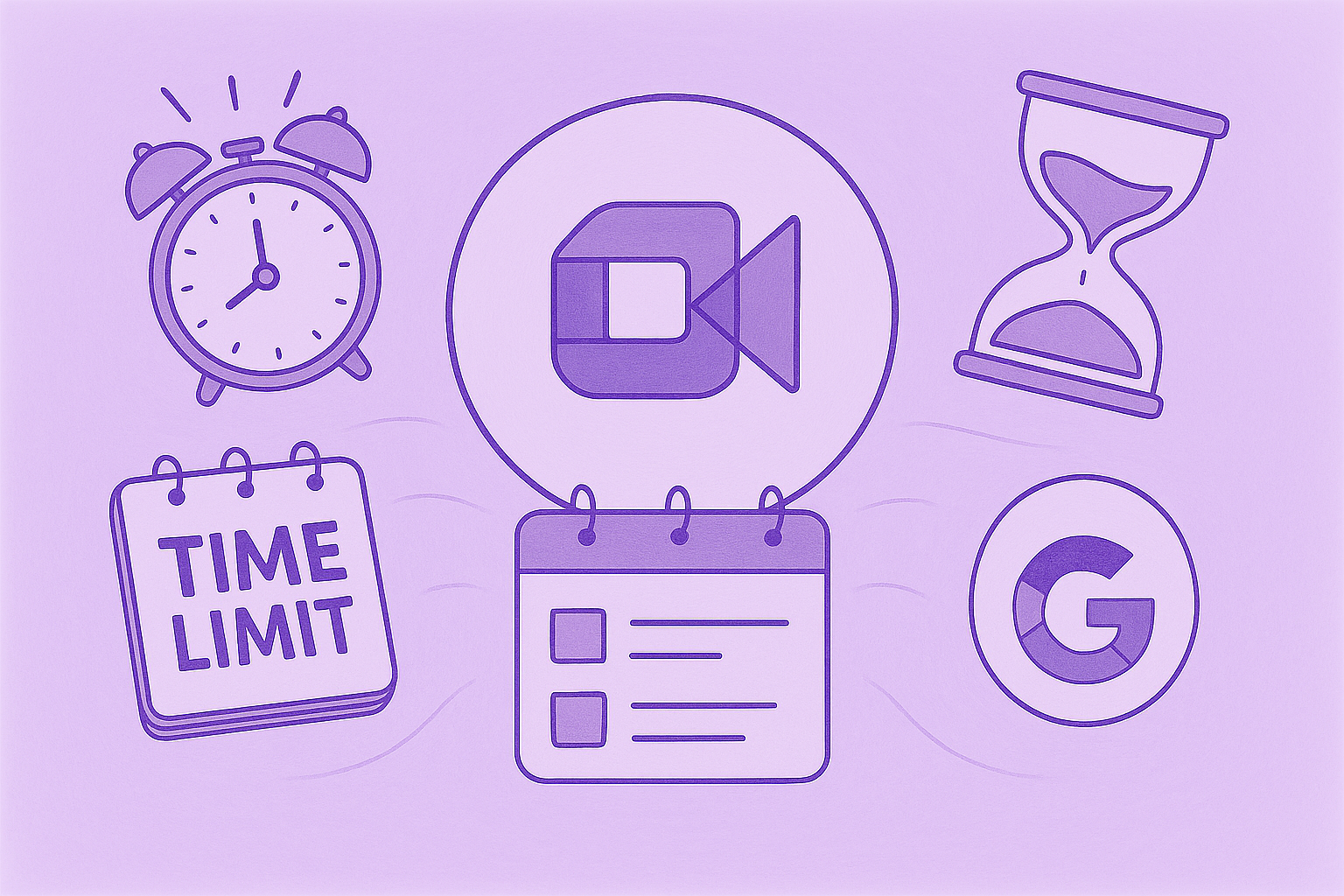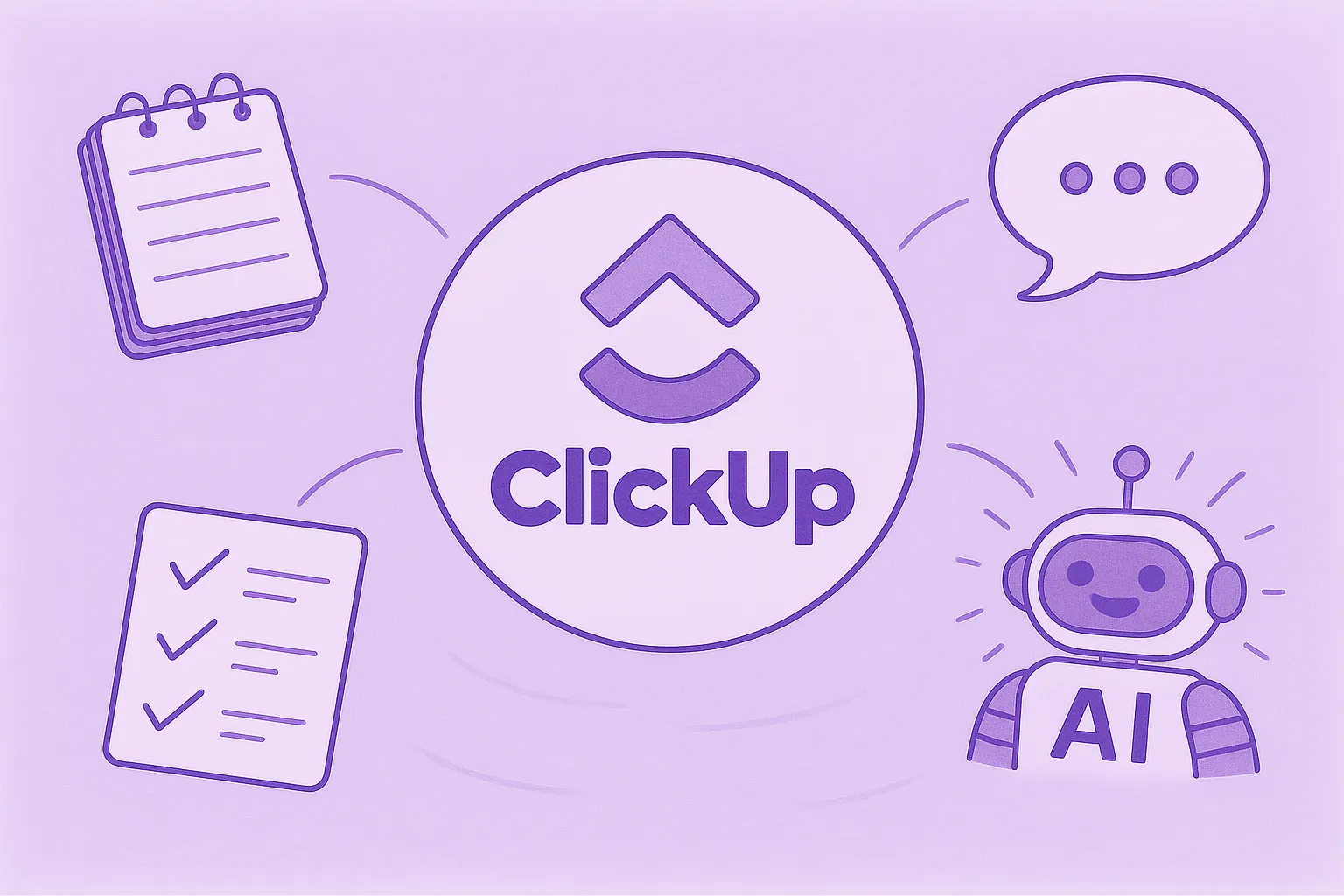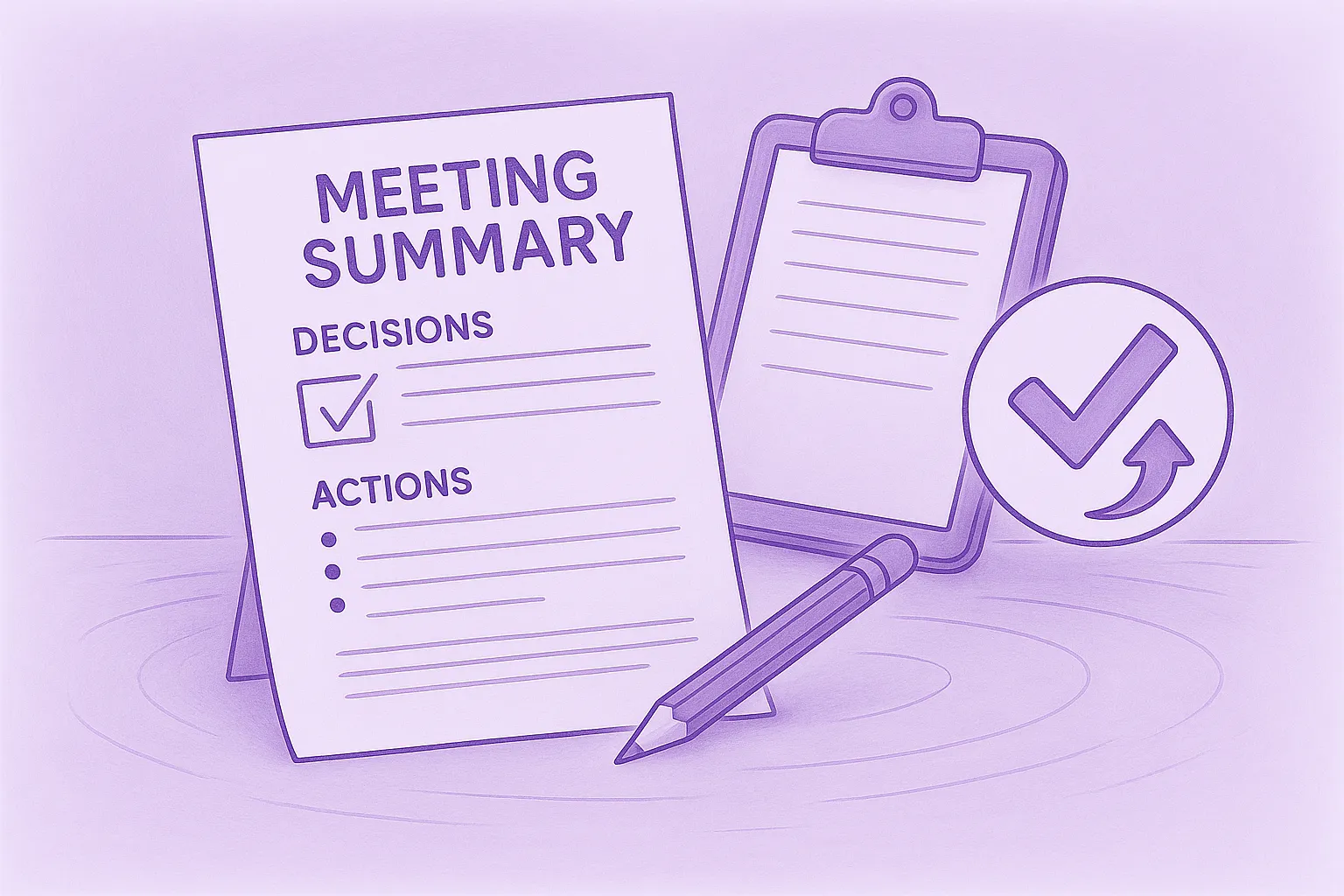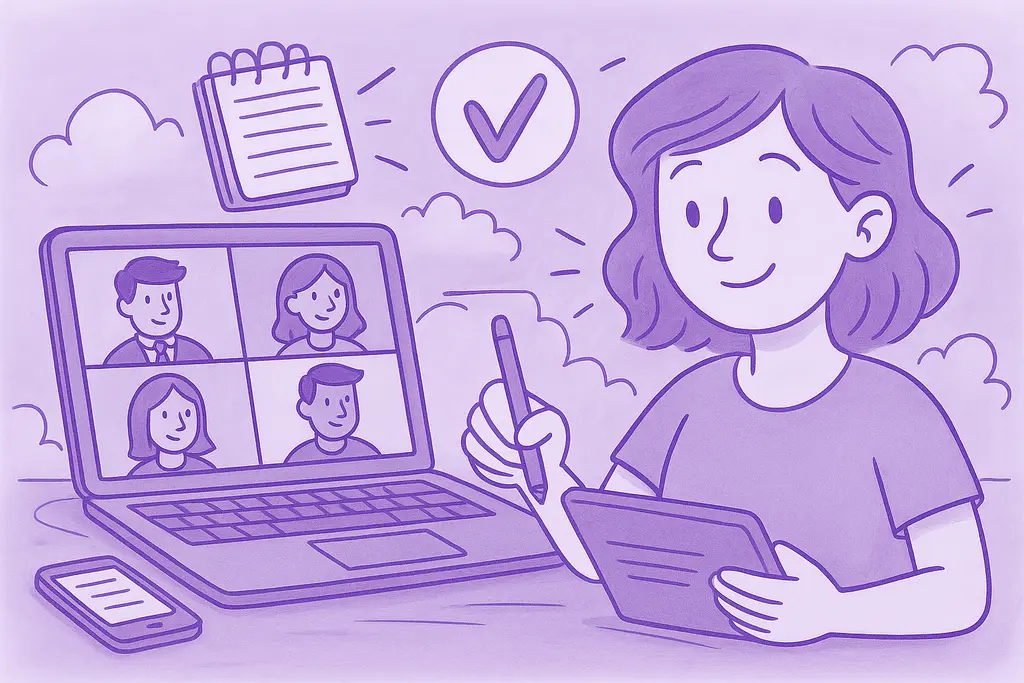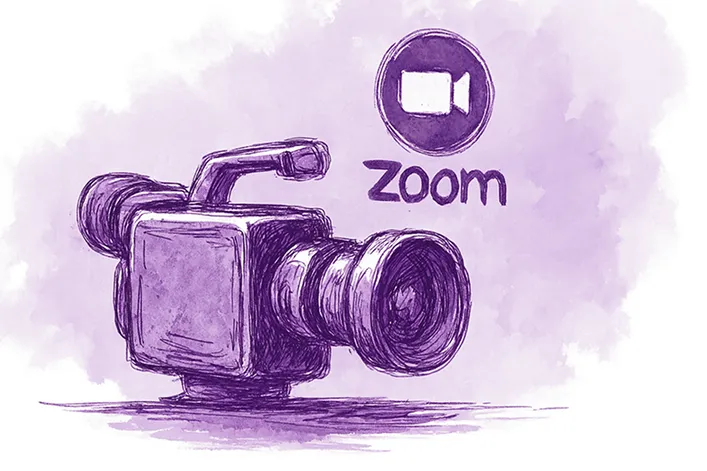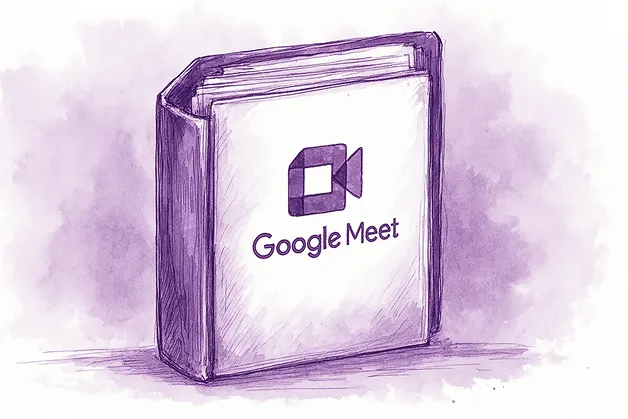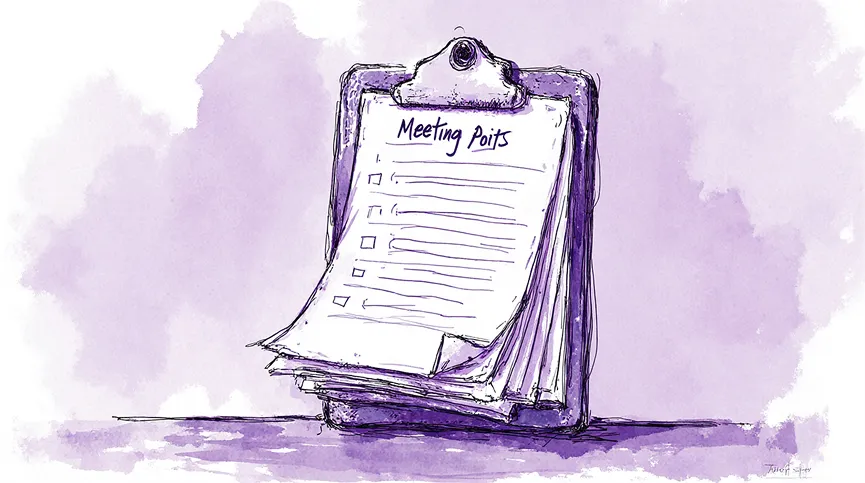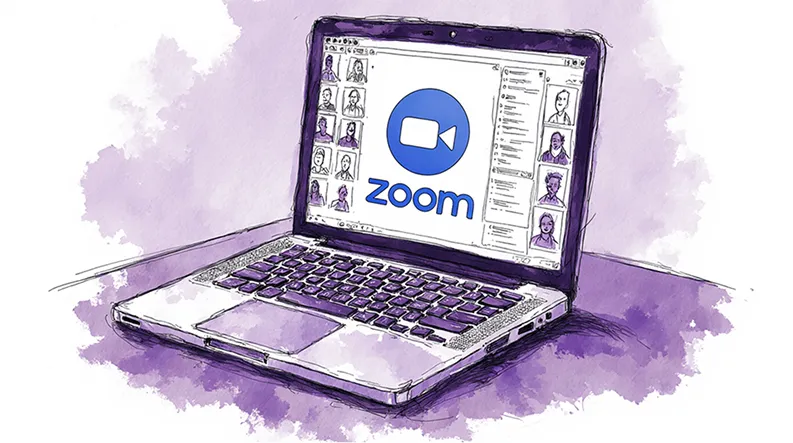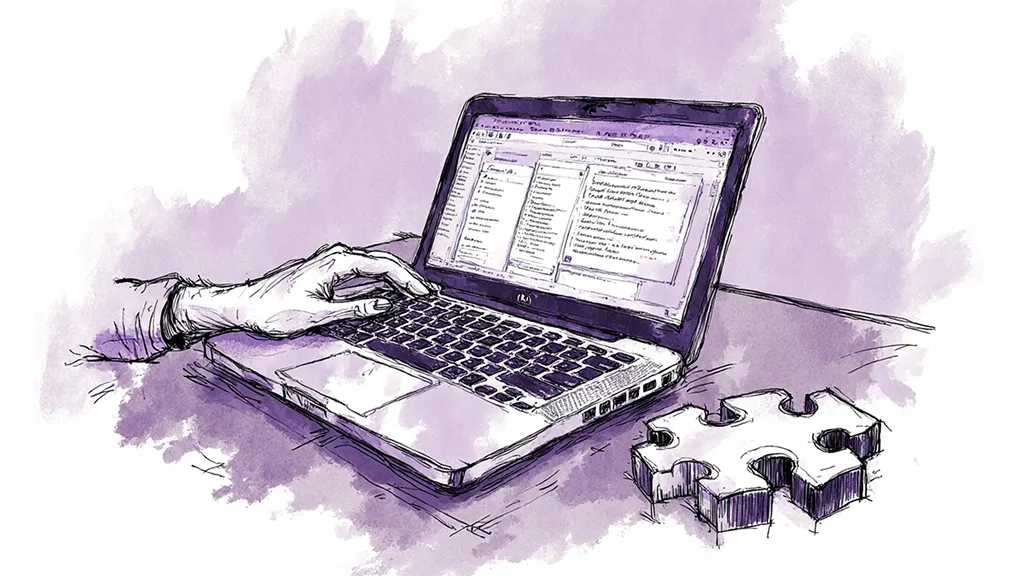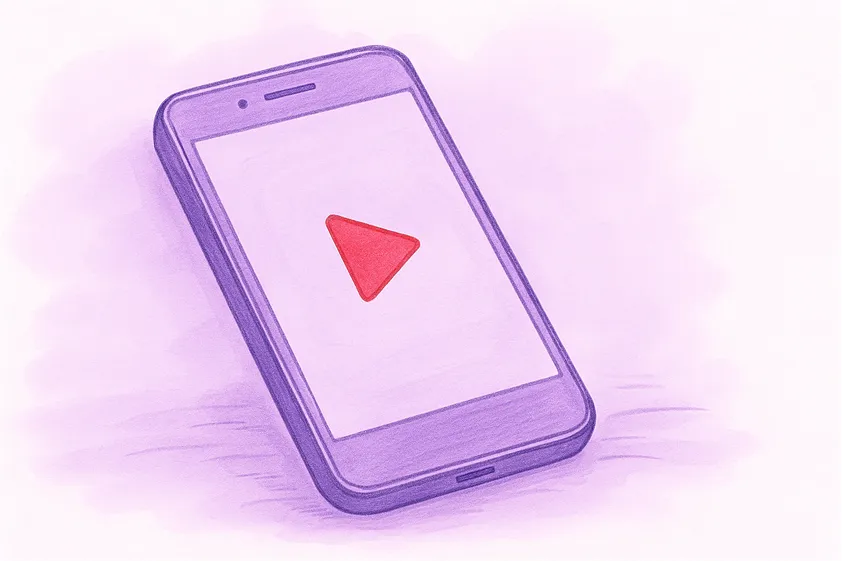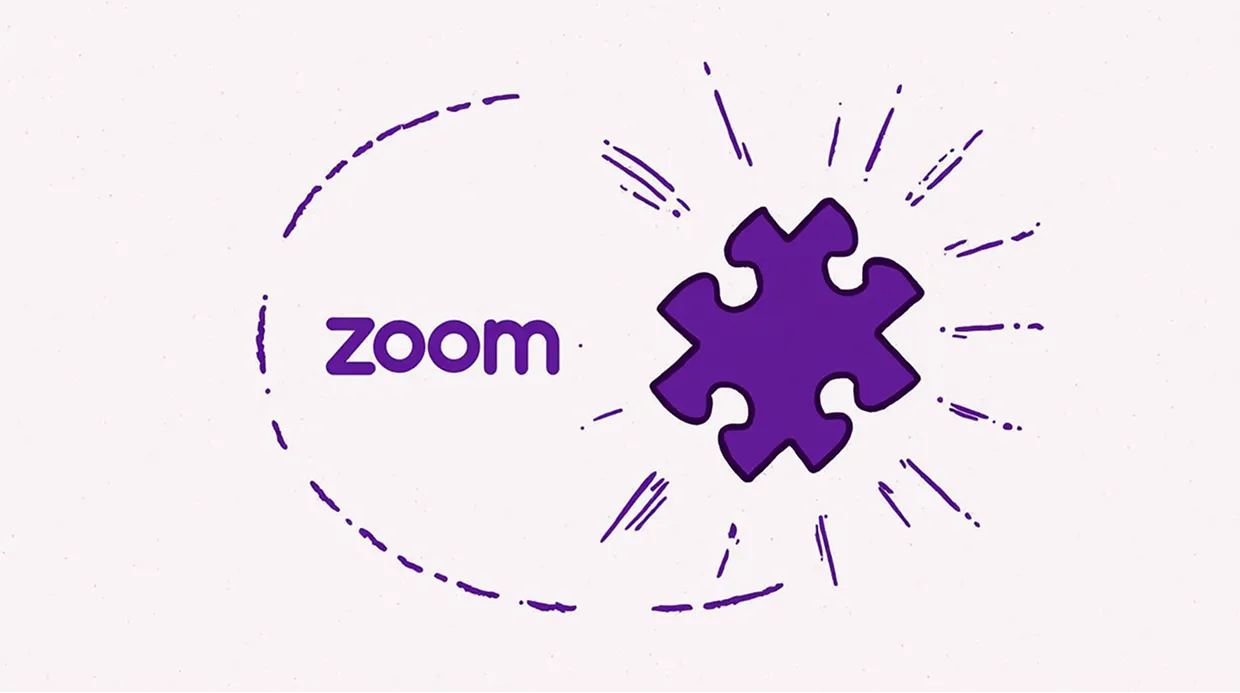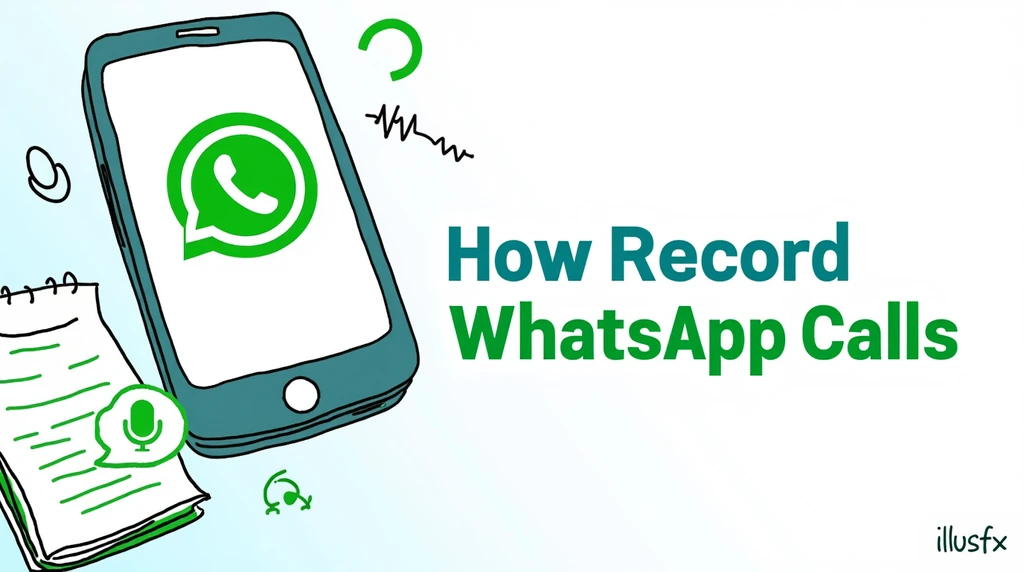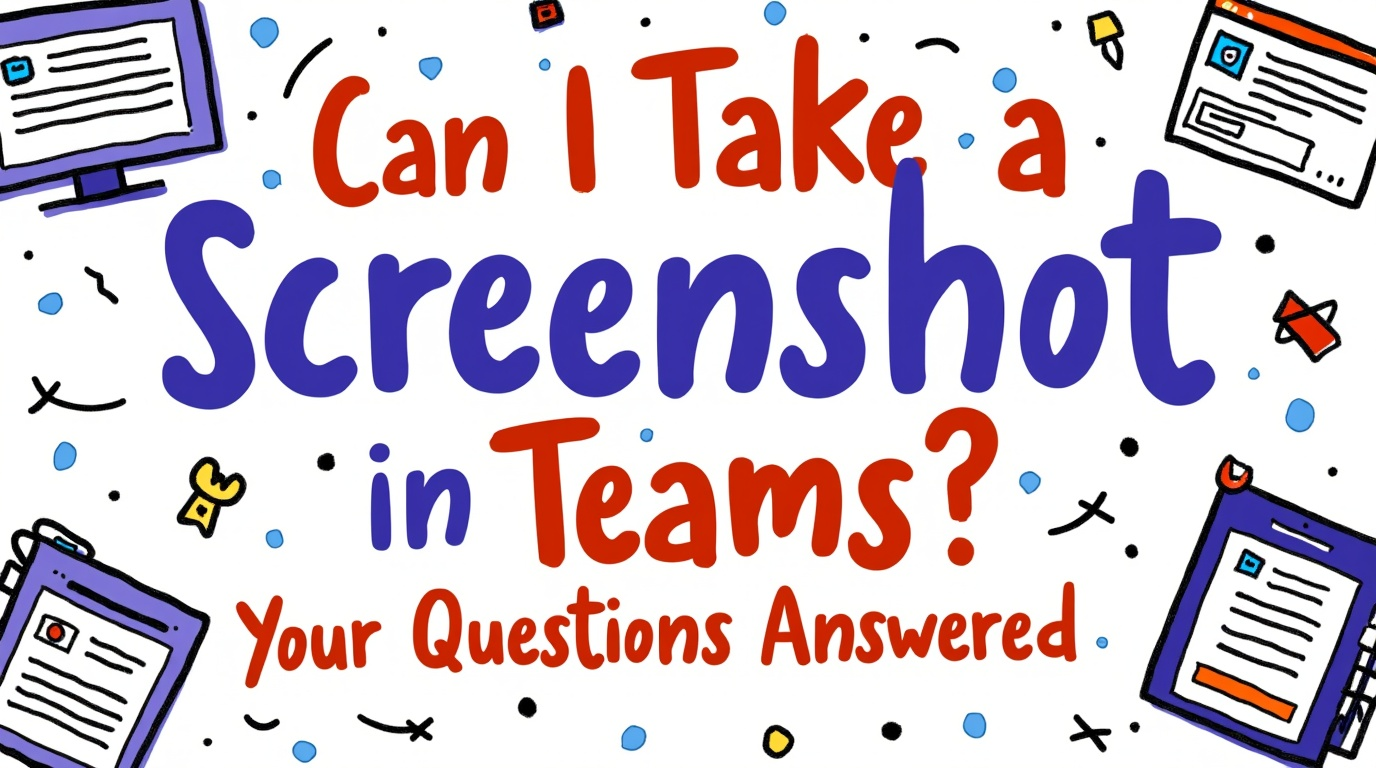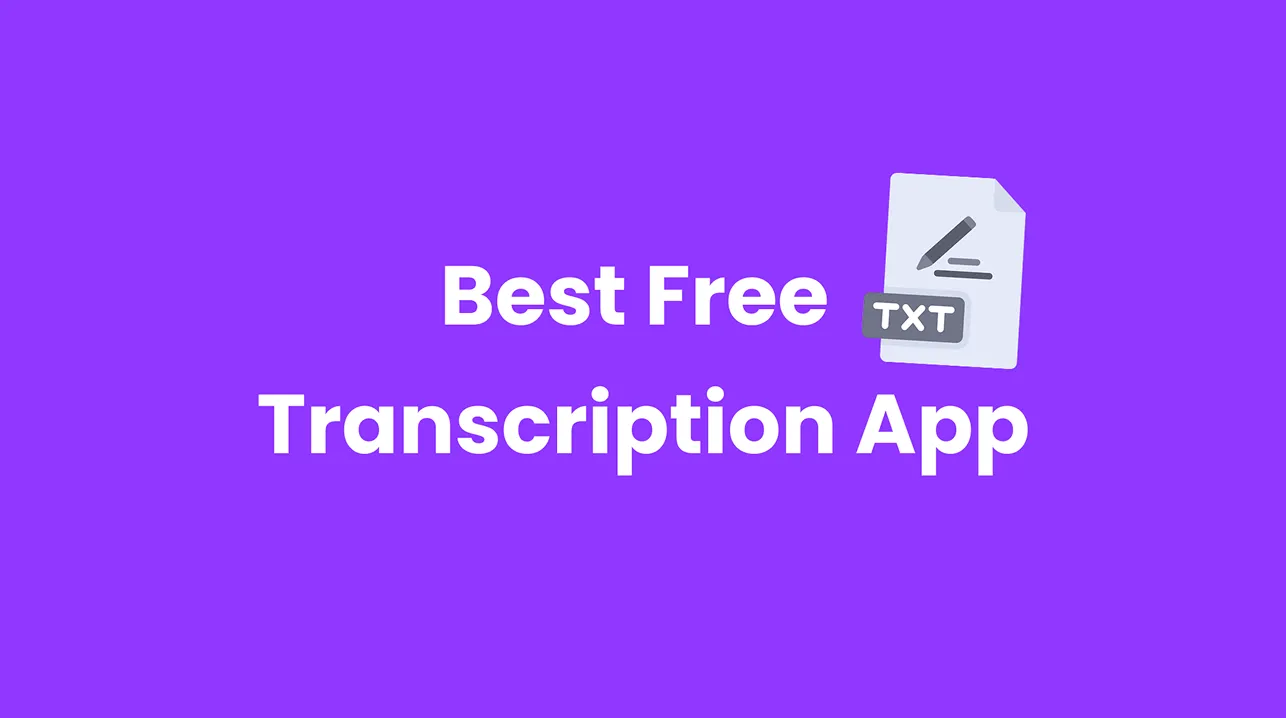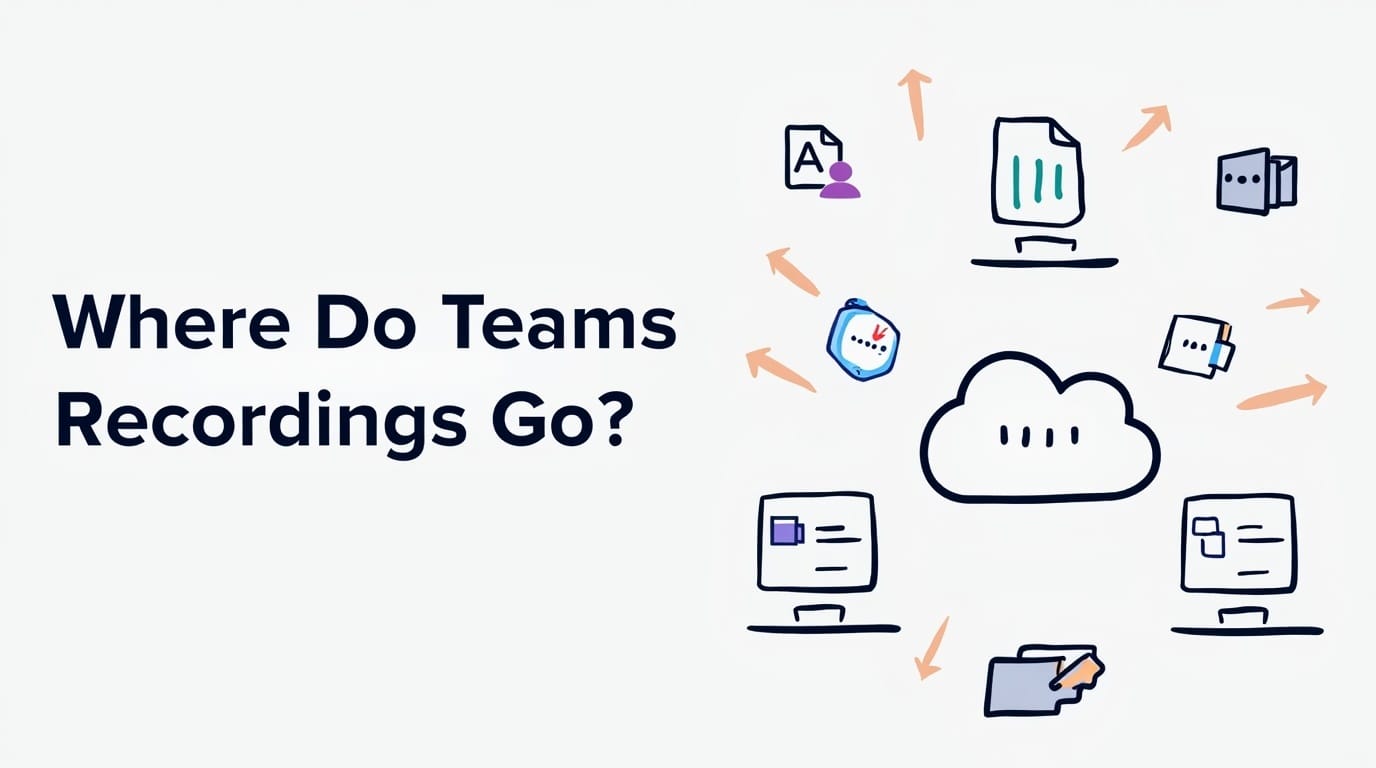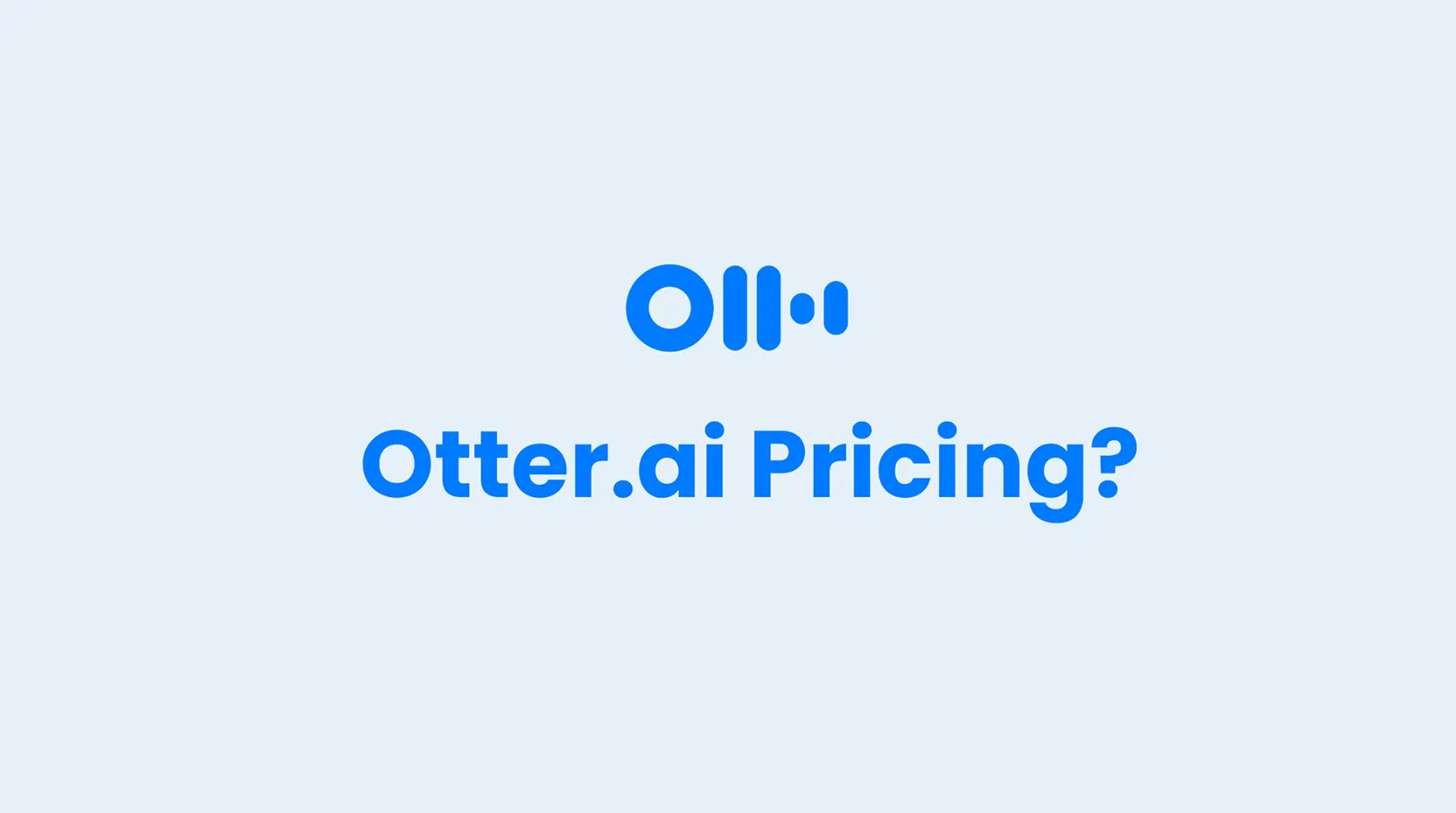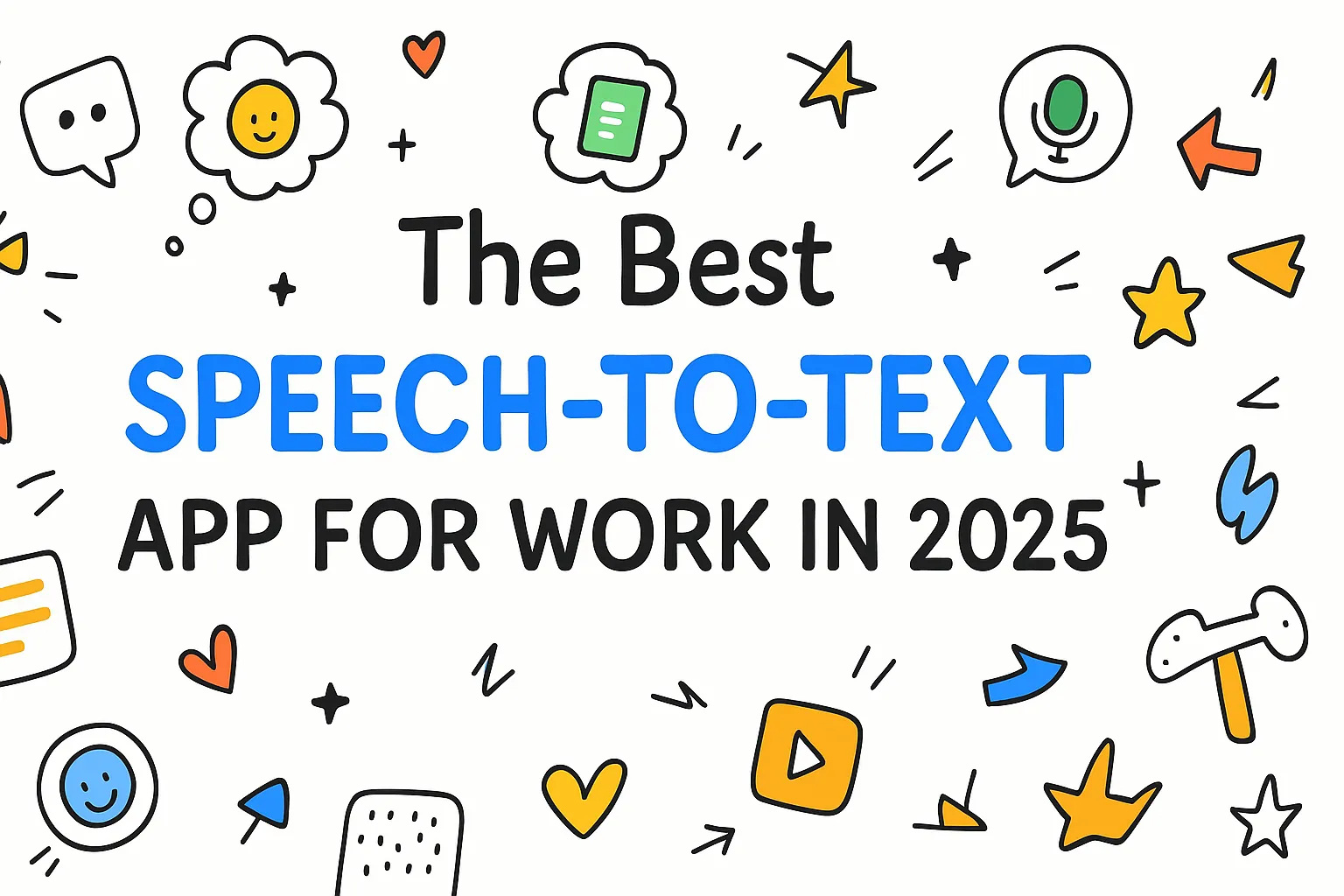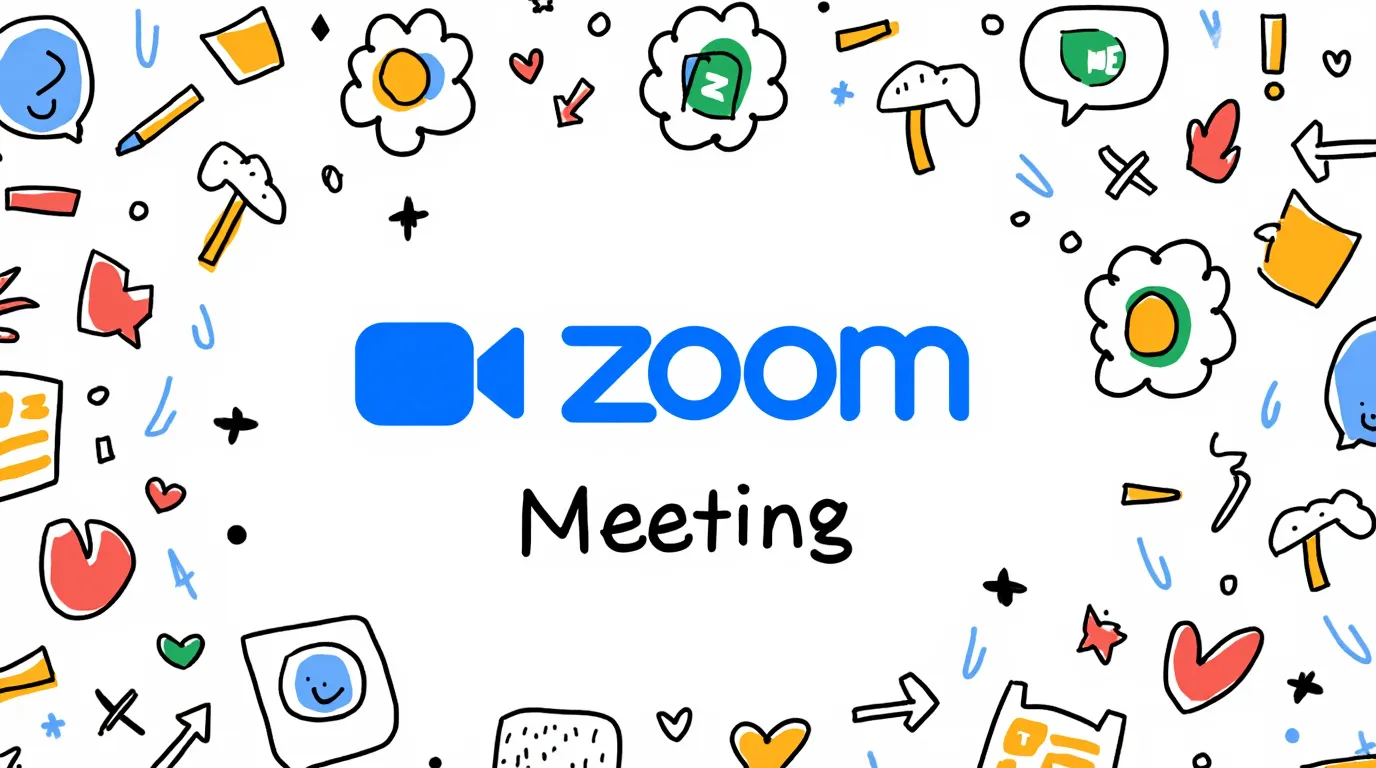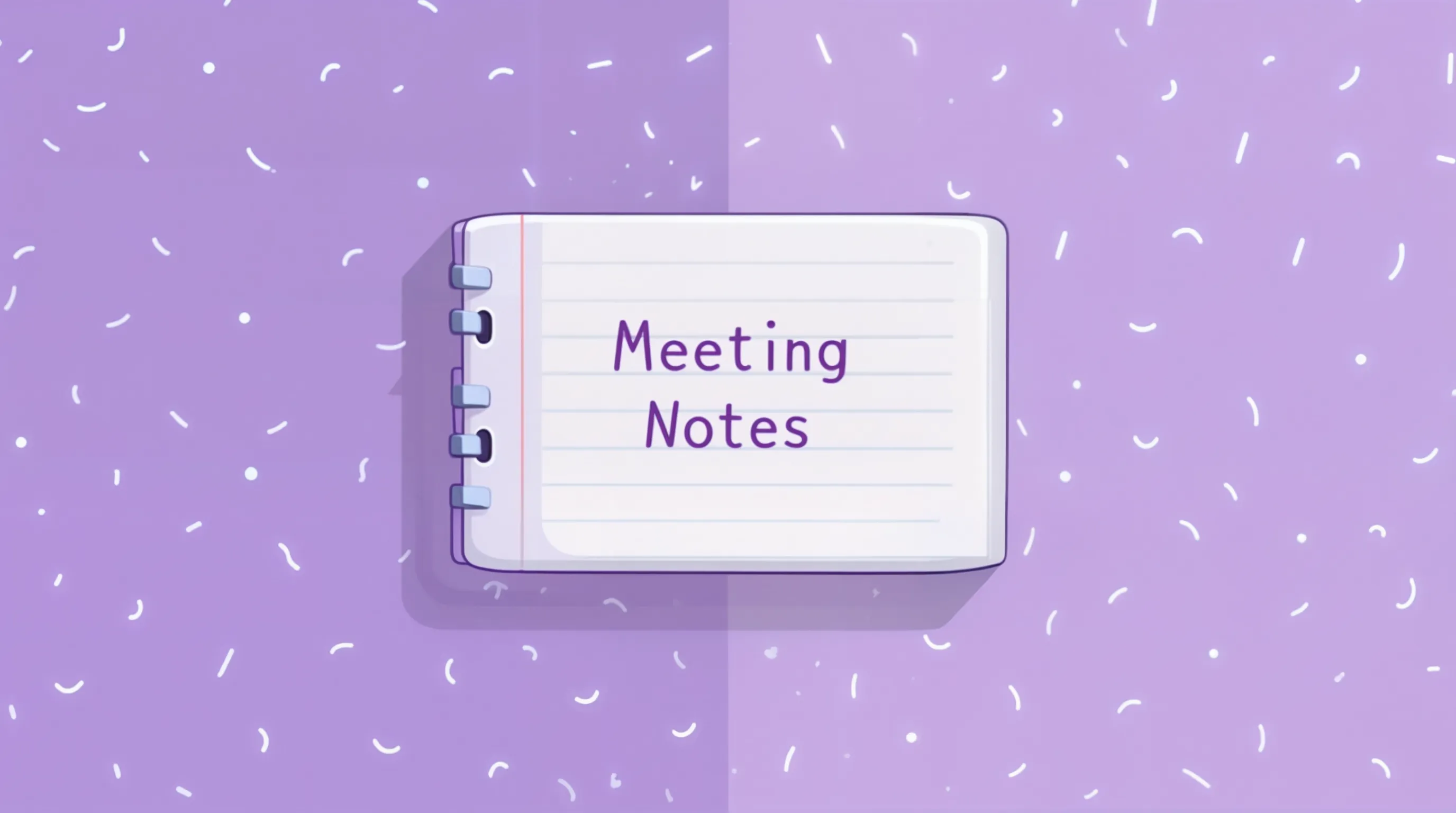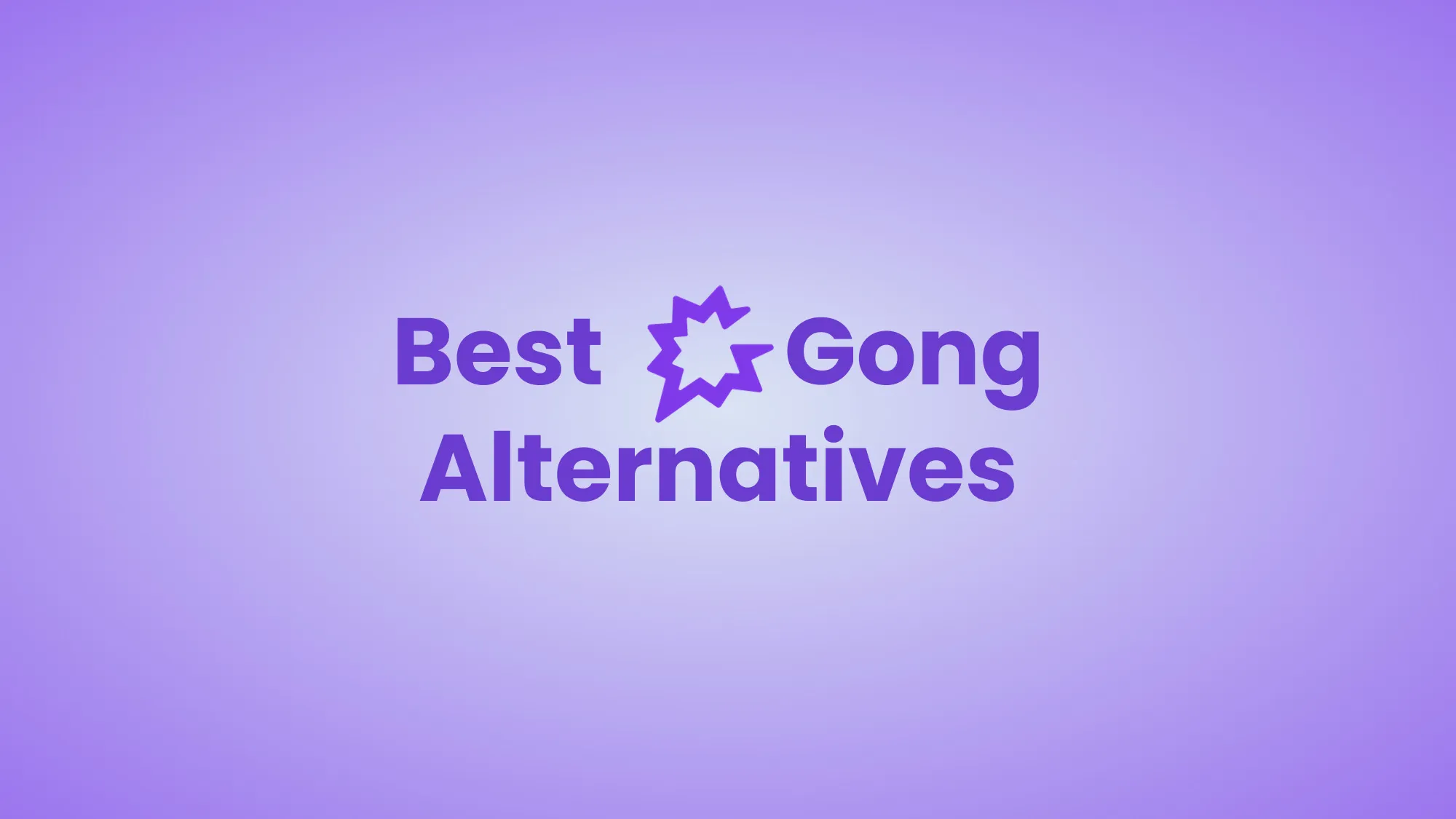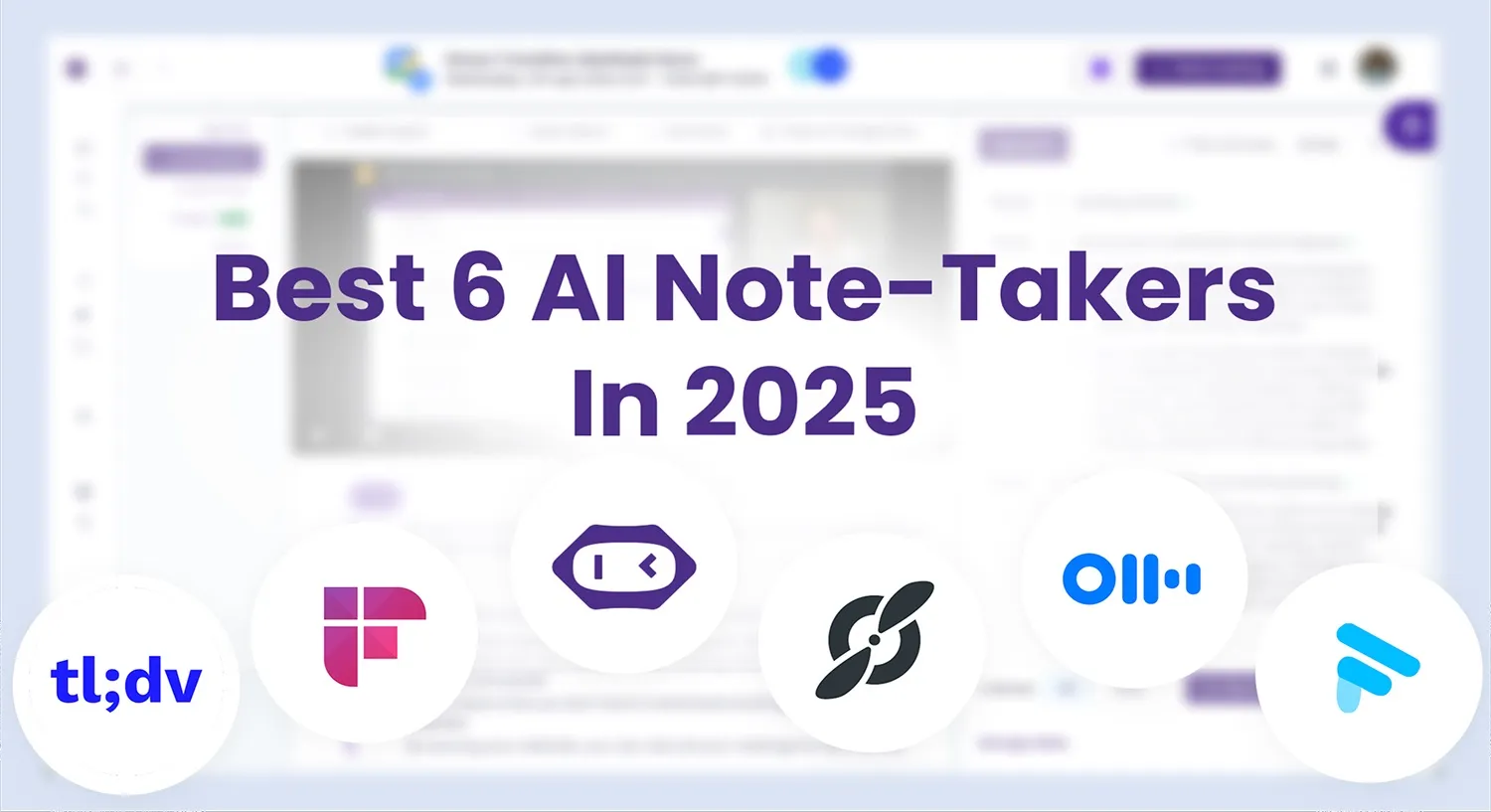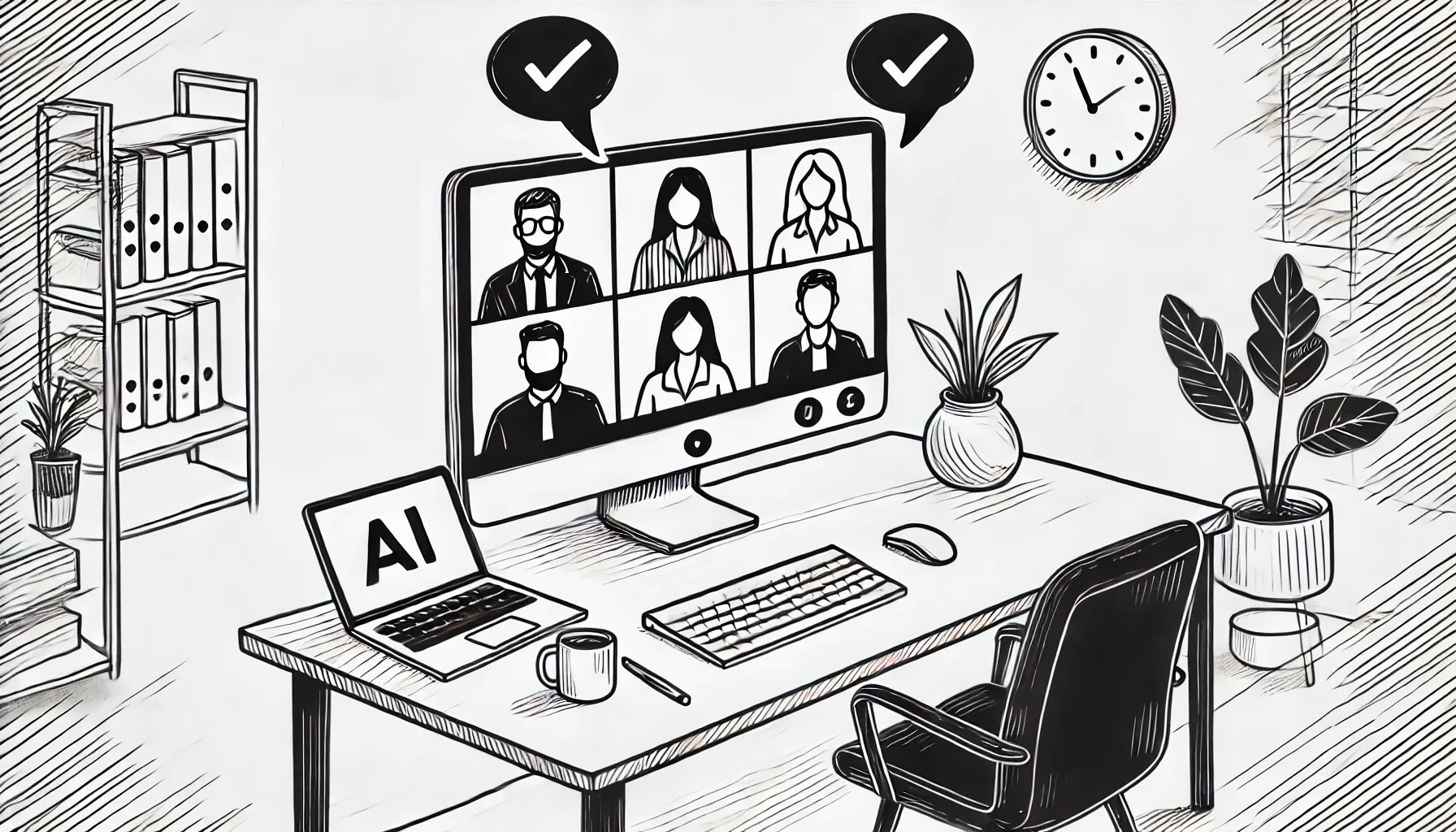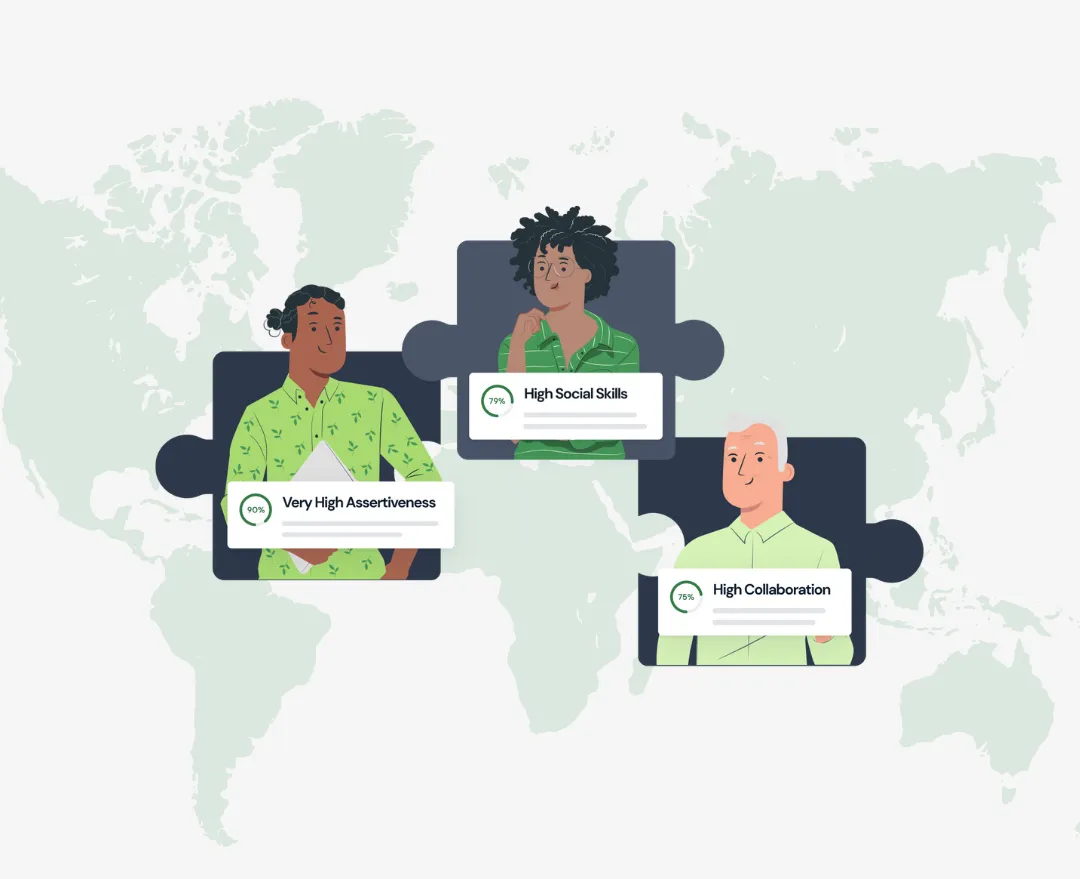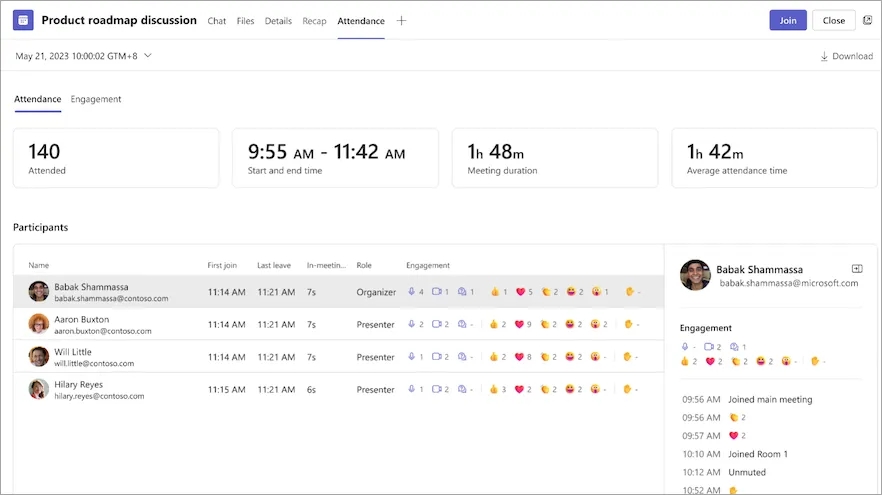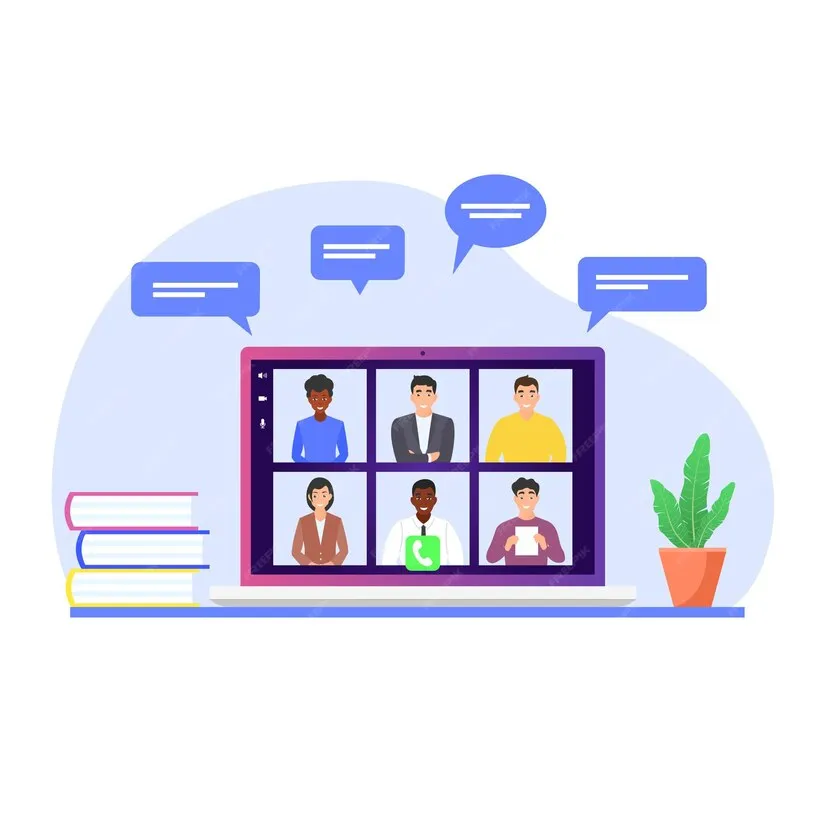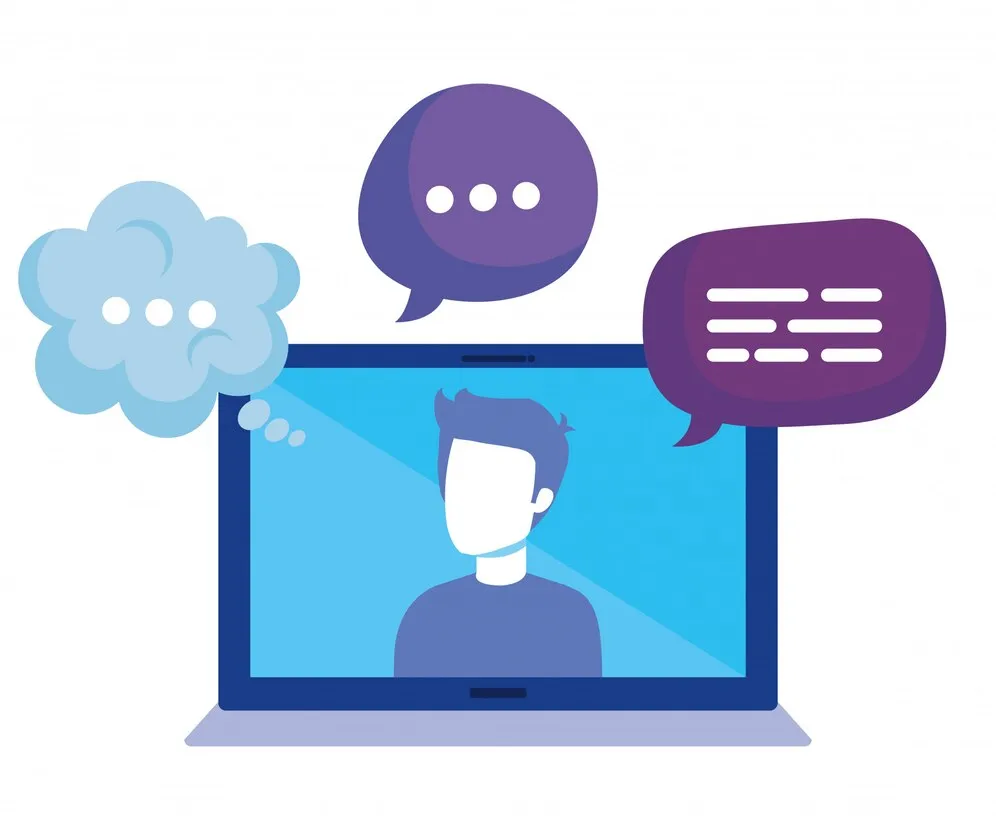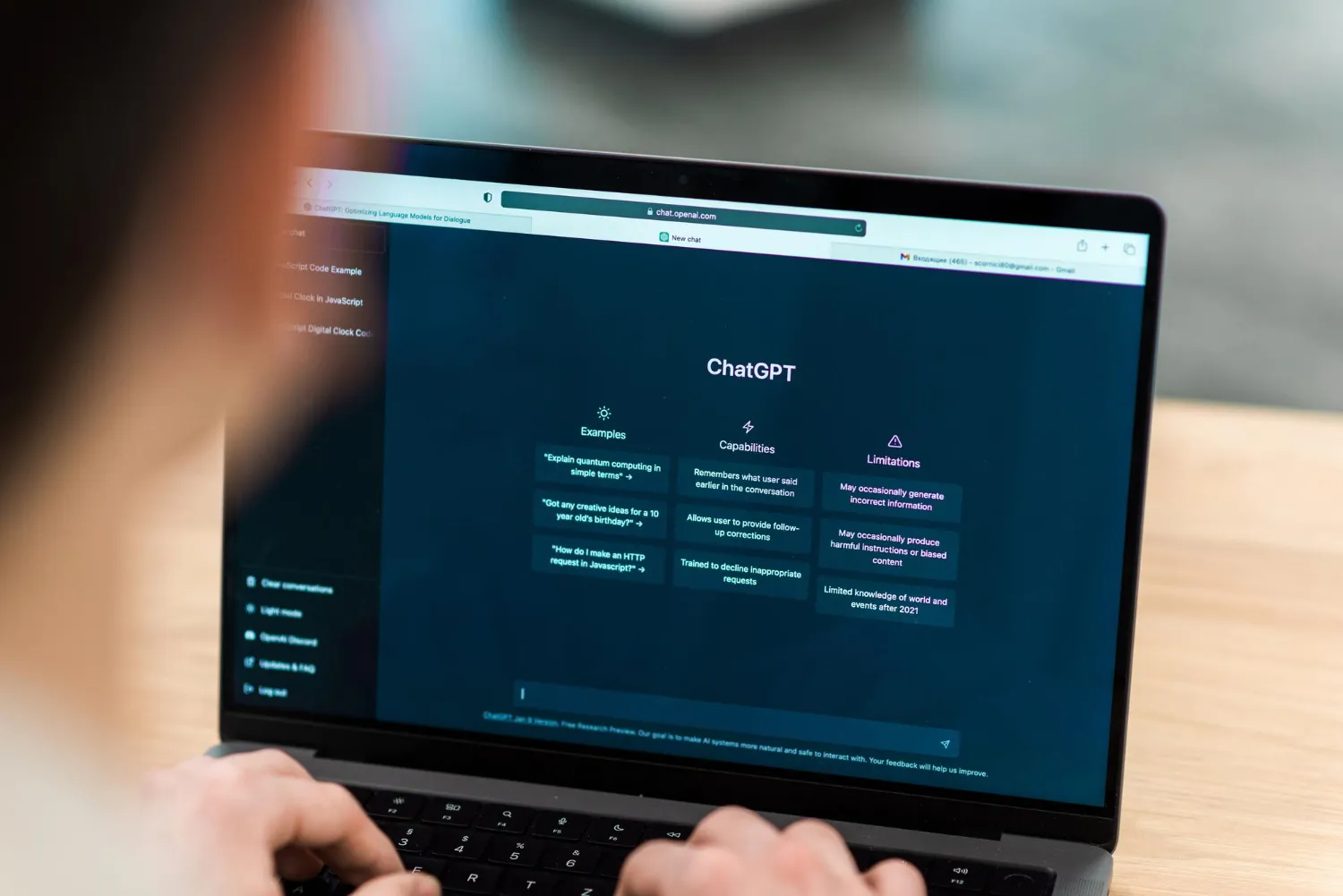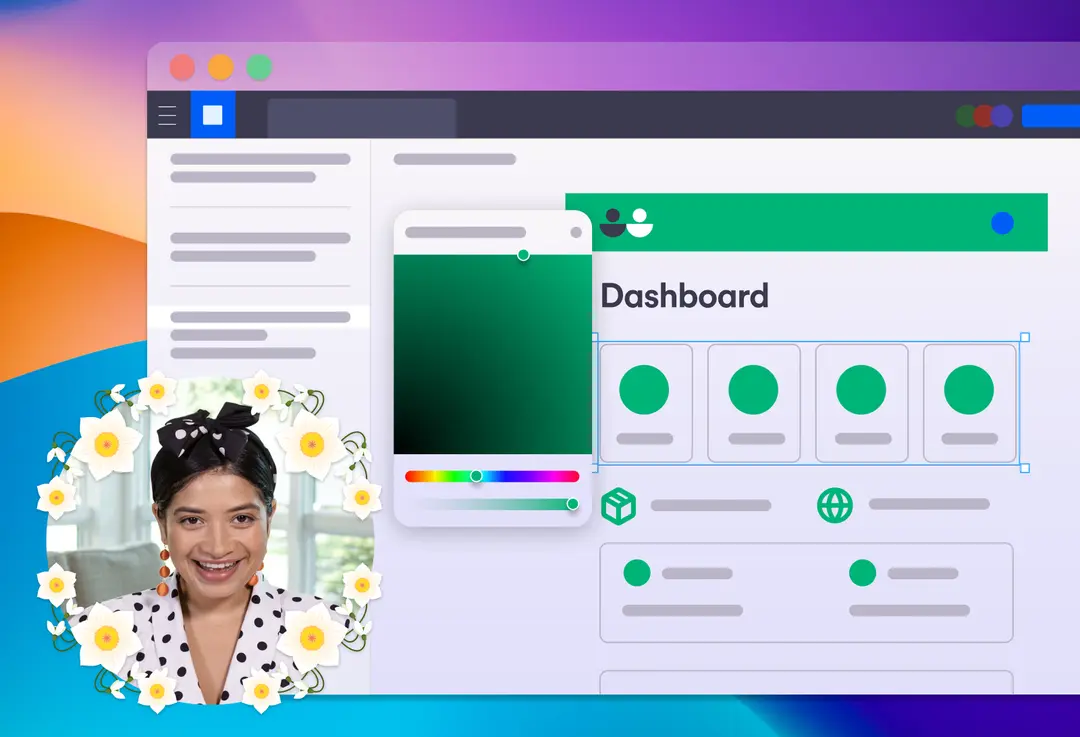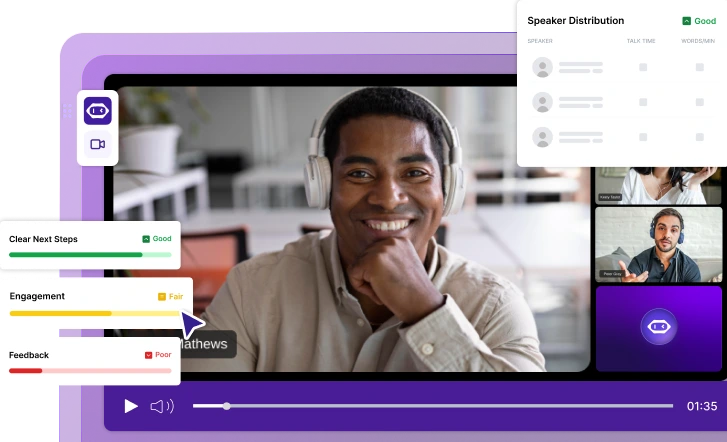Alternativas do Granola AI Notes: as melhores opções para experimentar em 2026
Explore as melhores alternativas do Granola AI Notes para 2026 com ferramentas mais inteligentes que vão além da transcrição, oferecendo automação, insights e colaboração.
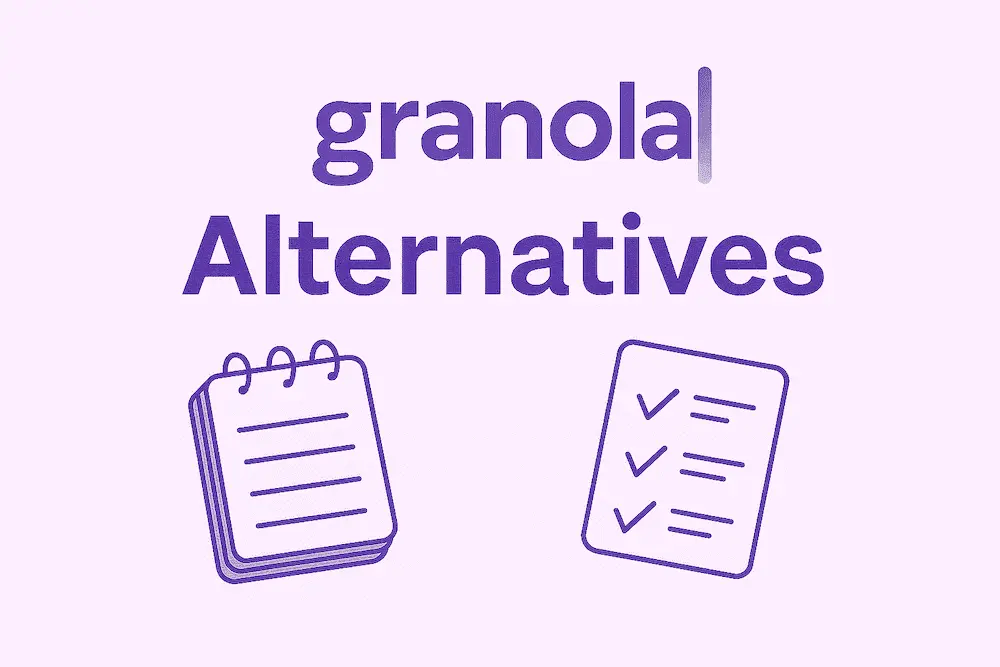
✅ Free meeting recording & transcription
💬 Automated sharing of insights to other tools.

Granola ganhou muita popularidade como uma ferramenta simples de anotações de reuniões de IA. E, por razões muito boas. O Granola captura notas de reuniões, transcreve e resume suas reuniões sem lidar com bots ou configurações complicadas. Ele funciona diretamente no seu navegador e oferece transcrição em tempo real. Ele também combina o que você digita com resumos gerados por IA, para que suas anotações permaneçam claras e estruturadas.
Seremos os primeiros a admitir que essa abordagem leve é uma das características mais atraentes da Granola. No entanto, à medida que os fluxos de trabalho se tornam mais complexos, os recursos do Granola AI Notes podem começar a ficar um pouco apertados. Há integrações limitadas, nenhum espaço de trabalho real em equipe e nada que se pareça com um arquivo de reuniões pesquisável.
Se você também atingiu essas limitações e está procurando alternativas à granola, fizemos o trabalho árduo por você. Neste artigo, discutiremos e compararemos os principais assistentes de reunião de IA para usar em vez da Granola
Por que as pessoas estão abandonando a granola?
O Granola faz um ótimo trabalho na transcrição, mas para a maioria das equipes, isso é apenas uma amostra do que elas precisam em uma ferramenta de assistente de reunião. Depois de analisar as avaliações dos usuários e as discussões no Reddit, descobrimos que a Granola tem algumas desvantagens que fazem com que as pessoas busquem alternativas:
- Sem recursos reais de colaboração: Embora você possa exportar e compartilhar notas, não há recursos avançados de colaboração disponíveis. Isso pode ser problemático para equipes que confiam no conhecimento coletivo durante chamadas de vendas ou reuniões com clientes.
- Limitado aos e-mails do Google Workspace: No momento, o Granola só funciona com contas do Google Workspace. Se você estiver no Outlook ou em outros provedores de e-mail, não poderá usá-lo nativamente.
- Sem recursos de gravação de vídeo (ou áudio): O Granola faz um bom trabalho na captura de transcrições, mas não inclui nenhuma opção de gravação de vídeo. Se sua equipe usa telas compartilhadas ou reproduções de vídeo durante a integração, por exemplo, essa falta de funcionalidade é um obstáculo.
- Automação limitada: O Granola se concentra em notas, não em fluxos de trabalho, por isso não atribui automaticamente itens de ação nem gera insights como outros assistentes de reunião de IA.
- Granola não se anuncia: O Granola não contém bots, portanto, não participa da chamada como participante. Isso significa que você precisa informar às pessoas que a reunião está sendo gravada, o que pode ser fácil de esquecer (sem falar na maneira um pouco estranha de iniciar a conversa). Dependendo de onde você estiver, você é legalmente obrigado a obter consentimento antes de transcrever ou gravar conversas.
5 melhores alternativas à Granola para notas de IA em 2026
Se o Granola não é uma boa opção para você ou sua equipe, o mercado de assistentes de IA está crescendo agora. Listamos apenas cinco das melhores alternativas de notas Granola AI:
- MeetGeek
- Otter.ai
- Aaroma
- braça
- Para; dv
1. MeetGeek (melhor alternativa geral)
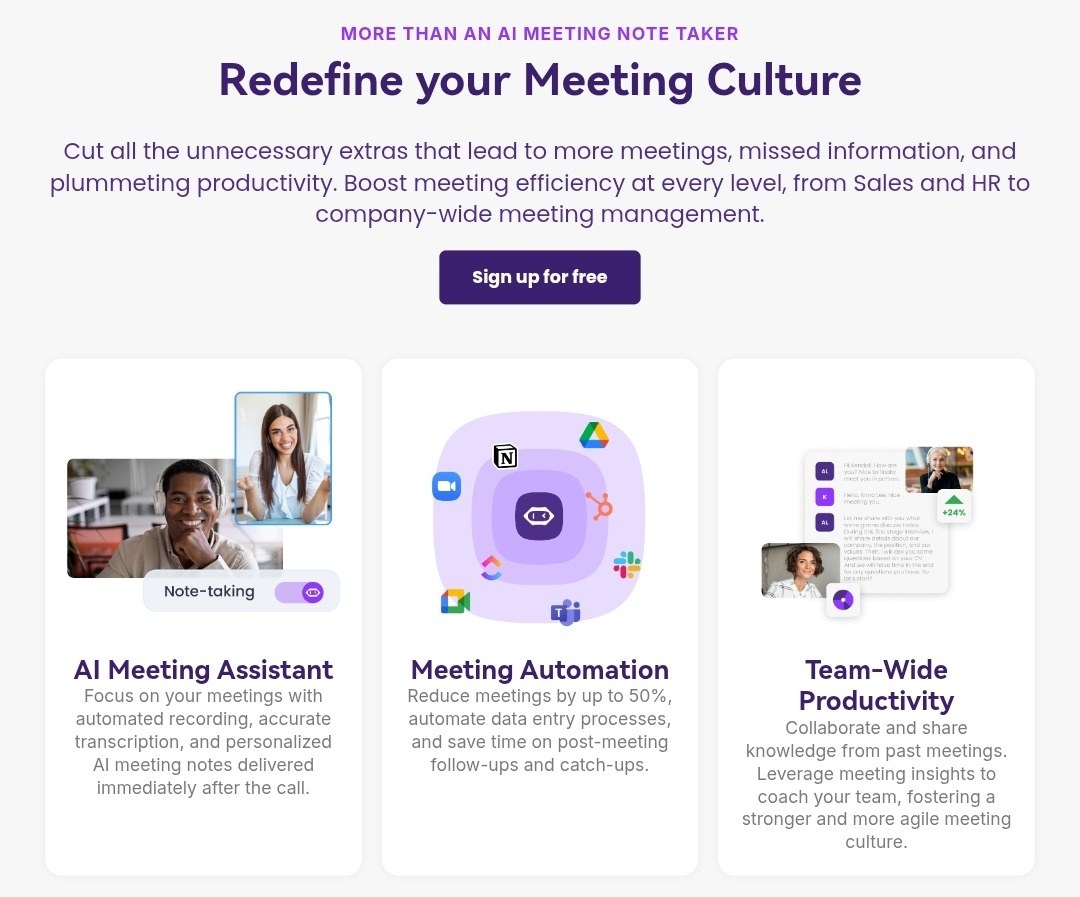
MeetGeek é um assistente de reunião completo projetado para equipes que precisam de mais do que uma transcrição básica. O MeetGeek usa IA para gravar e transcrever reuniões automaticamente, gerar resumos inteligentes de suas chamadas e extrair os principais momentos e itens de ação.
Ao contrário do Granola, que pode ser uma ótima ferramenta de anotações para usuários individuais, o MeetGeek foi criado para equipes que precisam de espaços de trabalho compartilhados, integrações profundas e fluxos de trabalho automatizados para que as reuniões realmente levem à ação.
Prós:
- Ele pode gravar automaticamente vídeo e áudio em várias plataformas, como Zoom, Google Meet e Microsoft Teams, bem como em qualquer plataforma baseada em navegador, incluindo Discord e Webex.
- Ele gera resumos de reuniões e itens de ação com inteligência artificial, para que você não precise fazer anotações ou recapitulações manuais.
- Ele fornece um espaço de trabalho colaborativo onde as equipes podem compartilhar, editar e comentar as notas da reunião.
- Tudo é armazenado em uma base de conhecimento pesquisável.
- Ele vai além de capturar notas e resumos de reuniões e analisa conversas de voz para monitorar a taxa de participação, a análise de sentimentos e outras métricas importantes que podem ajudar você a melhorar futuras reuniões.
- O AI Chat possibilita “conversar” com a reunião e solicitar acompanhamentos, insights ou itens de ação, em vez de vasculhar as transcrições.
- Ele apresenta agentes de voz com IA que podem participar ativamente de reuniões, responder a perguntas em tempo real, fornecer informações durante discussões ou até mesmo realizar uma reunião completa em sua casa. Por exemplo, você pode usar um agente de voz do AI Screen Recruiter para fazer uma entrevista para você.
- Ele se integra a mais de 10.000 aplicativos, como Slack, Notion, HubSpot, Zapier e muito mais.
Contras:
- O MeetGeek oferece funcionalidades avançadas que podem levar algum tempo para serem totalmente dominadas.
Preços:
MeetGeek oferece um plano gratuito com funcionalidades básicas, como 3 horas de transcrição por mês. O Plano Pro começa em $9.99 por usuário por mês e inclui 20 horas de transcrição/mês, 1 ano de armazenamento de transcrições e 6 meses de armazenamento de audio. O Plano de Negócios ($17/usuário/mês) inclui horas ilimitadas de transcrição, e o Plano Empresarial (preço personalizado) oferece transcrição ilimitada e armazenamento infinito de transcrições.
2. Otter.ai (melhor para equipes pequenas)

Otter.ai é um assistente de reuniões que transforma conversas ao vivo em notas claras e estruturadas. Ele escuta em tempo real, transcreve conversas, marca os participantes e torna as anotações pesquisáveis.
Com sua interface limpa e configuração simples, é uma ótima opção para freelancers, educadores e pequenas equipes que desejam uma transcrição sólida sem um longo processo de integração.
Prós:
- Além de transcrever em tempo real, ele também possui reconhecimento de alto-falante e registro de data e hora. Assim, você pode identificar os alto-falantes e marcar os timestamps durante o acompanhamento.
- Ele se integra às principais ferramentas de reunião, como Zoom, Google Meet e Teams.
- As transcrições e os resumos podem ser pesquisados e editados pelas equipes.
Contras:
- Embora seja ótimo para transcrições, o Otter.ai carece de inteligência de reuniões e recursos de automação de fluxo de trabalho que podem, em última instância, melhorar a produtividade e a eficiência da equipe.
- Ele permite alguns compartilhamentos e edições, mas não oferece uma biblioteca compartilhada ou espaços de trabalho em equipe que possam facilitar a colaboração.
- A personalização é bastante limitada e também não permite automatizar itens de ação. Embora se integre a CRMs como o HubSpot, essas integrações servem apenas para importar áudio e sincronização básica.
Preços:
O Otter.ai oferece um plano gratuito para transcrição básica, enquanto as opções pagas começam em $8,33 por usuário por mês para Pro, cerca de $20 para Business e um nível Enterprise personalizado para equipes maiores.
3. Avoma (melhor para equipes de vendas e sucesso do cliente)
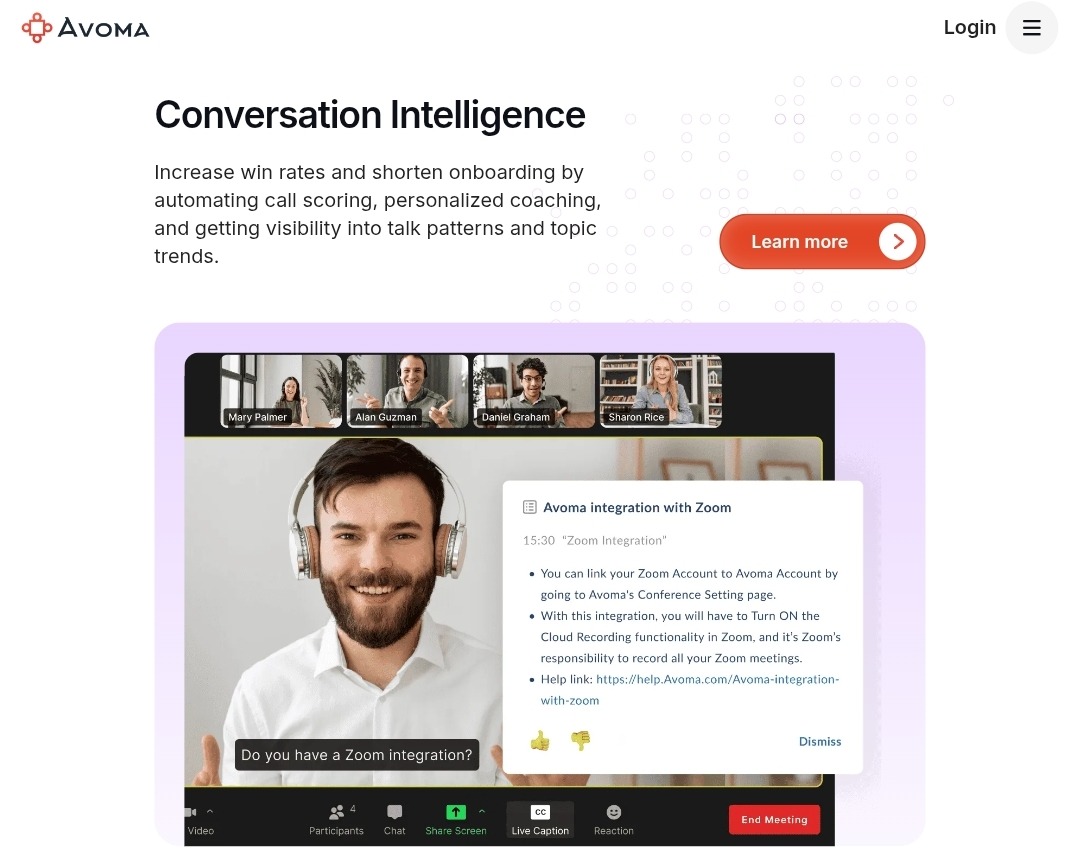
Aaroma é um assistente de reuniões de IA que funciona especialmente bem para equipes de vendas e clientes que desejam transformar conversas em insights rastreáveis, em vez de deixar que os detalhes fiquem enterrados nas notas da reunião.
A Avoma grava suas chamadas, escreve resumos e se integra às ferramentas de agendamento e CRM.
Prós:
- Ele grava, transcreve e gera resumos de reuniões. Ele também possui uma função de pesquisa para que você possa encontrar facilmente tópicos específicos.
- Ele se integra com plataformas de gerenciamento de relacionamento com clientes (CRMs), ferramentas de engajamento de vendas e as plataformas de videoconferência mais populares.
- Ele oferece análises se você quiser monitorar o desempenho de chamadas e reuniões.
Contras:
- Os recursos avançados da Avoma podem exigir um período de adaptação até que as equipes aprendam a aproveitá-los, especialmente quando se trata de análises, fluxos de trabalho e modelos.
- O Avoma foi criado principalmente para vendas e sucesso do cliente, o que significa que outros setores podem achar sua funcionalidade menos relevante.
Preços:
O Avoma oferece um teste gratuito de 14 dias com todos os complementos habilitados. As opções pagas começam em $19/usuário/mês para Startup, $29/usuário/mês para Organização e $39/usuário/mês para Enterprise. Você também pode optar pelos complementos “Conversation Intelligence” e “Revenue Intelligence” com custos adicionais.
4. Fathom (melhor para recapitulações rápidas de reuniões)
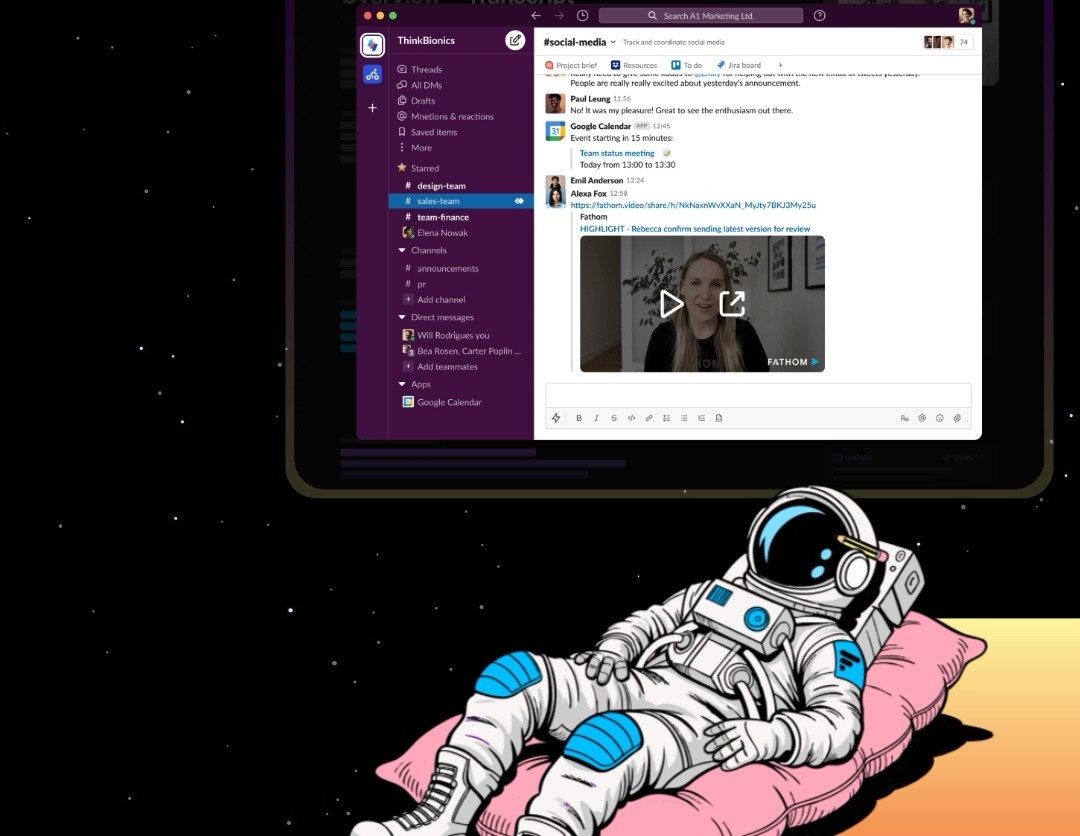
braça é um tomador de notas projetado para equipes que desejam capturar e revisar notas e conteúdos de reuniões rapidamente. Ele grava reuniões no Google Meet, Teams ou Zoom e as converte em resumos claros com destaques e carimbos de data e hora. O objetivo é tornar as avaliações pós-reunião o mais eficientes possível.
Prós:
- Interface simples e intuitiva que é fácil de navegar. Equipes e indivíduos podem começar a usá-lo imediatamente, sem uma grande curva de aprendizado.
- Ele gera resumos de IA rapidamente e destaca clipes rapidamente para que você possa revisar os momentos importantes sem precisar reproduzir todo o áudio ou vídeo.
Contras:
- Embora o Fathom seja ótimo para gerar resumos e destaques rápidos de reuniões, ele é insuficiente quando se trata de oferecer recursos mais avançados, como análise de reuniões ou um espaço de trabalho colaborativo.
- Alguns usuários podem achar que o Fathom não oferece a profundidade de automação de fluxo de trabalho ou integração de CRM que você encontraria em plataformas corporativas.
Preços:
O Fathom oferece um plano gratuito com gravações e transcrições ilimitadas, mas com recursos limitados. Os planos pagos começam em $16 por usuário por mês, e o plano Business custa $20/mês por usuário.
5. tl; dv (Melhor para equipes que priorizam vídeos)
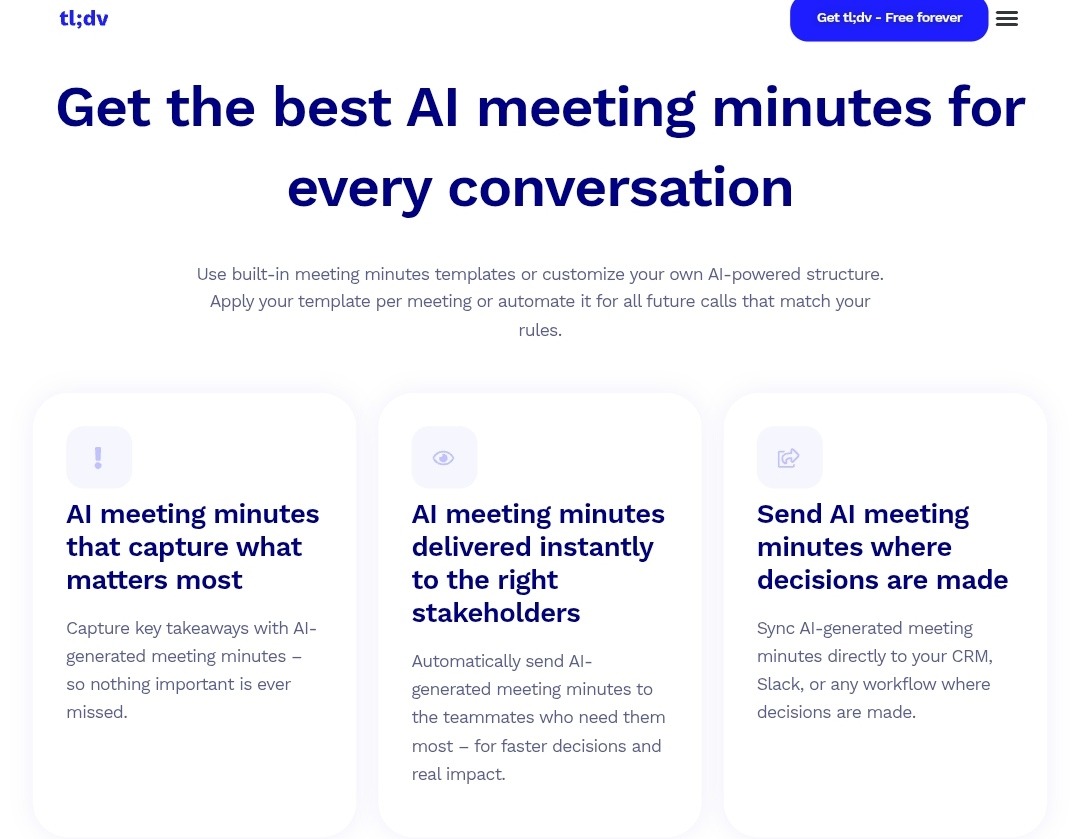
tl; DV's A força como ferramenta de reunião está no suporte a equipes que dependem muito de conteúdo de vídeo, como integração, demonstrações de vendas ou orientações de produtos. Ele captura automaticamente vídeo e áudio, mas em vez de apenas uma transcrição, tl; dv oferece destaques, clipes e uma biblioteca pesquisável.
Prós:
- Você pode marcar momentos específicos e compartilhar somente as partes relevantes, em vez de toda a conversa.
- tl; dv funciona com a maioria das plataformas de videoconferência, como Microsoft Teams, Zoom ou Google Meet.
- Você pode se conectar ao HubSpot ou ao Pipedrive para anexar automaticamente transcrições ou notas de reuniões aos seus contatos.
Contras:
- tl; dv faz um ótimo trabalho na captura de vídeos e destaques, mas seus recursos não vão além disso.
- Alguns usuários relatam pequenos problemas com a transcrição quando há sotaques ou jargões envolvidos.
Preços:
tl; dv oferece um plano gratuito com recursos básicos de gravação e transcrição. O plano Pro começa em $18/assento por mês, e o plano Business custa $32/assento por mês. Eles também oferecem um plano corporativo personalizado.
Veredicto: Se você precisar de mais do que notas, escolha MeetGeek
O Granola funciona bem se tudo o que você precisa é de uma maneira simples de escrever e organizar notas de reunião, mas não vai demorar muito mais do que isso. Ele não oferece automação de fluxo de trabalho, espaço colaborativo ou inteligência de conversação que as equipes em crescimento precisam.
O MeetGeek, por outro lado, é mais do que uma ferramenta de anotações. É uma ferramenta de trabalho de última geração que participa ativamente das conversas e as transforma em insights claros e acionáveis. Ele se integra às suas ferramentas existentes, automatiza as tarefas de acompanhamento e ajuda você a fazer mais com suas reuniões do que apenas transcrevê-las.
Reunimos uma tabela de comparação completa para que você possa ver facilmente a comparação entre MeetGeek e Granola. Dê uma olhada:
Concluindo
As notas Granola AI são um ótimo ponto de partida se tudo o que você precisa é fazer anotações simples, sem bots ou configurações complicadas. Mas, à medida que o fluxo de trabalho da sua equipe cresce, essas funcionalidades básicas podem não funcionar mais.
A boa notícia é que o mercado de assistentes de reuniões com IA está se movendo rapidamente. Como você pode ver, não faltam opções sólidas, mas a melhor para você depende de como sua equipe trabalha.
Perguntas frequentes sobre granola
O que é Granola AI?
Granola é uma ferramenta de transcrição de reuniões que funciona diretamente no seu navegador. Ele funciona capturando áudio diretamente do seu computador ou microfone, em vez de participar de reuniões como um bot. A Granola usa IA para transcrever conversas em tempo real e gerar resumos. Ele também transforma suas notas digitadas em resumos estruturados de reuniões.
Onde as notas do Granola AI são armazenadas?
As notas são armazenadas em seu navegador e sincronizadas com sua conta Granola na nuvem, para que você possa encontrá-las facilmente sempre que precisar.
A granola é de uso gratuito?
A Granola oferece um plano gratuito, mas o histórico de reuniões só fica visível por 14 dias. Os planos pagos começam em $14/usuário por mês para indivíduos e equipes pequenas.
O Granola grava reuniões?
Não, o Granola não grava reuniões de áudio ou vídeo. Ele captura apenas o que é dito em seus dispositivos para gerar uma transcrição. Isso significa que você não terá nenhuma reprodução de áudio ou gravações visuais.
O Granola só funciona com o Google?
Embora o Granola ofereça suporte apenas às contas do Google Workspace, ele funciona com plataformas de reuniões como Zoom ou Microsoft Teams.
.avif)


